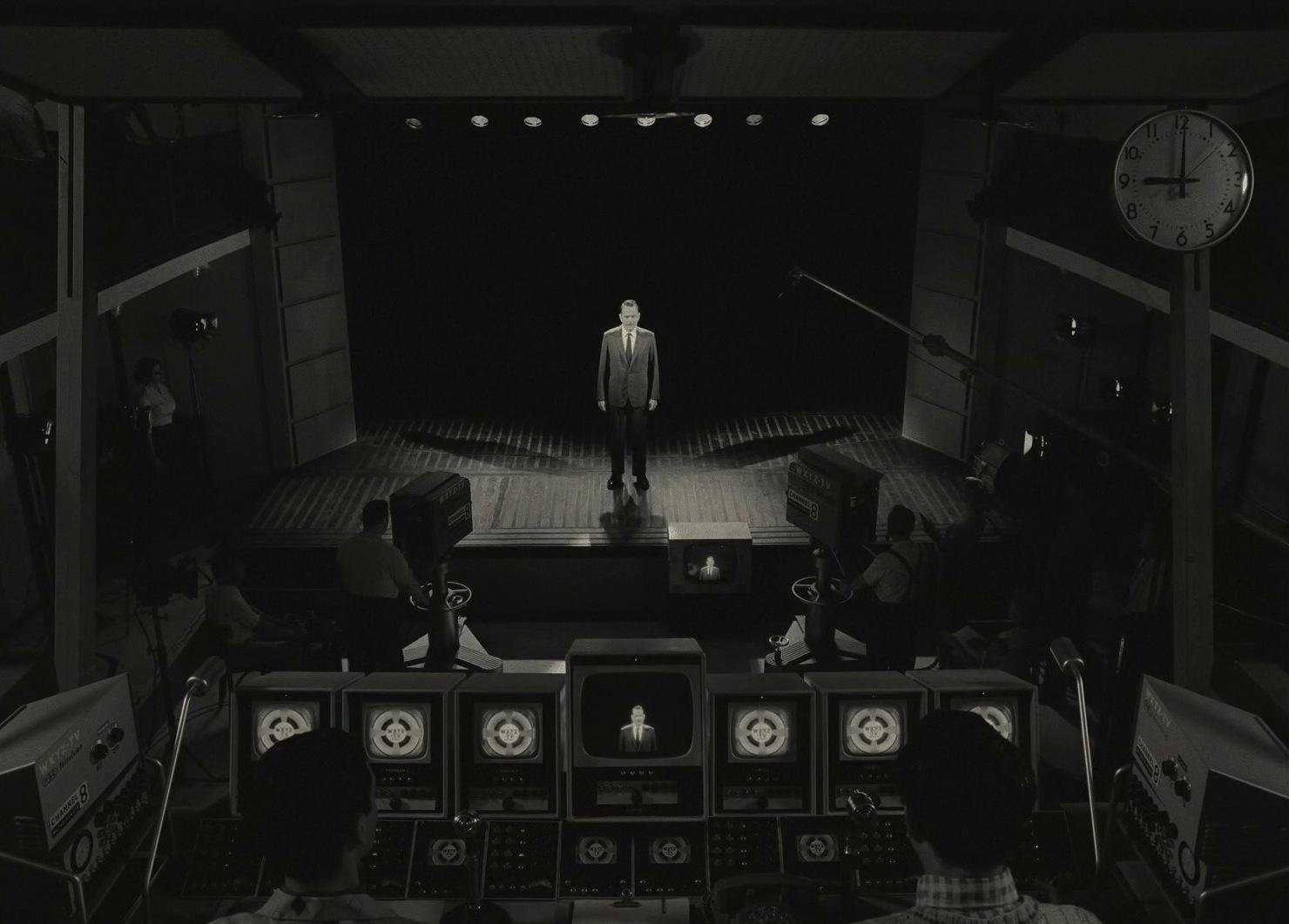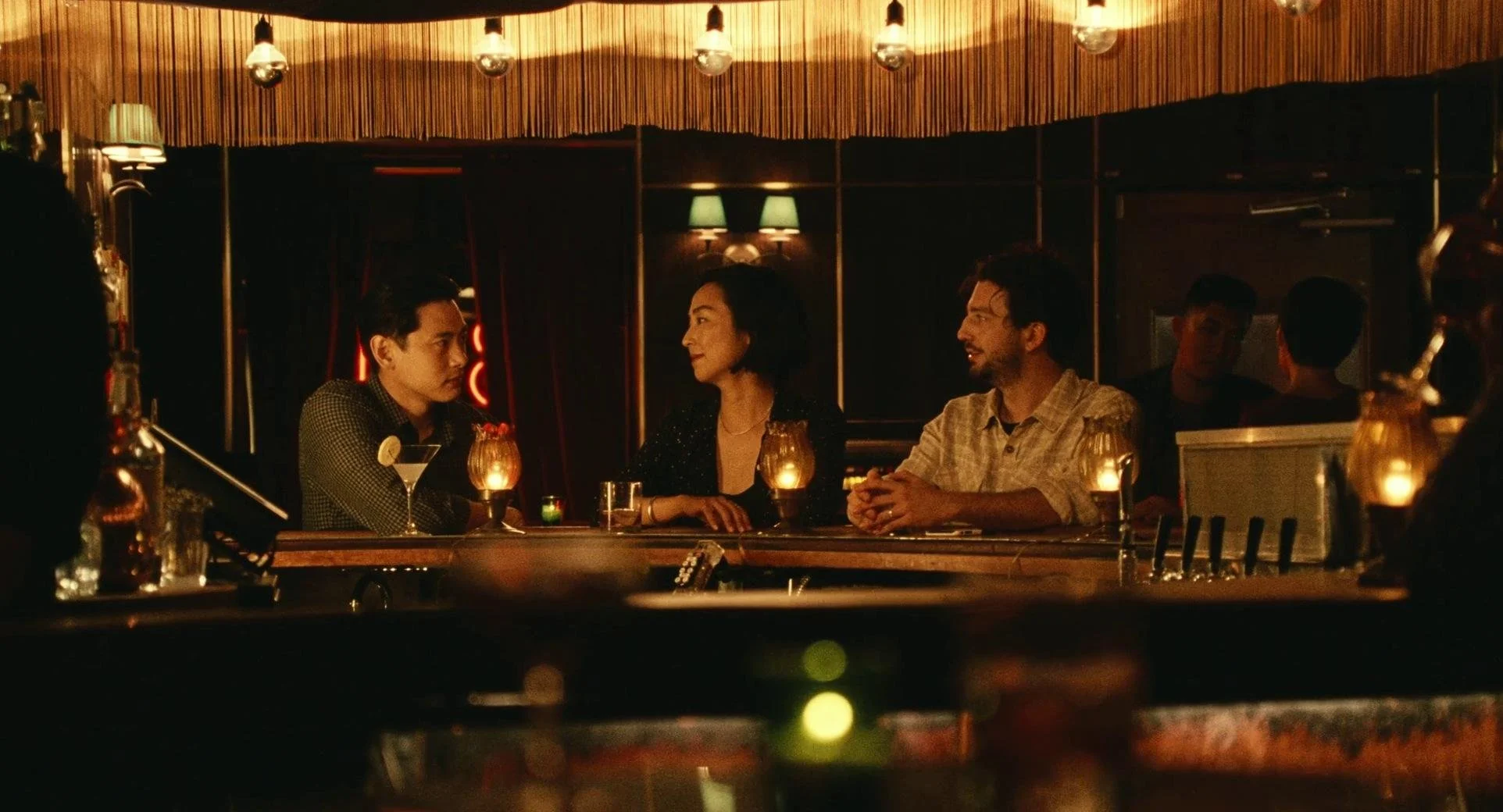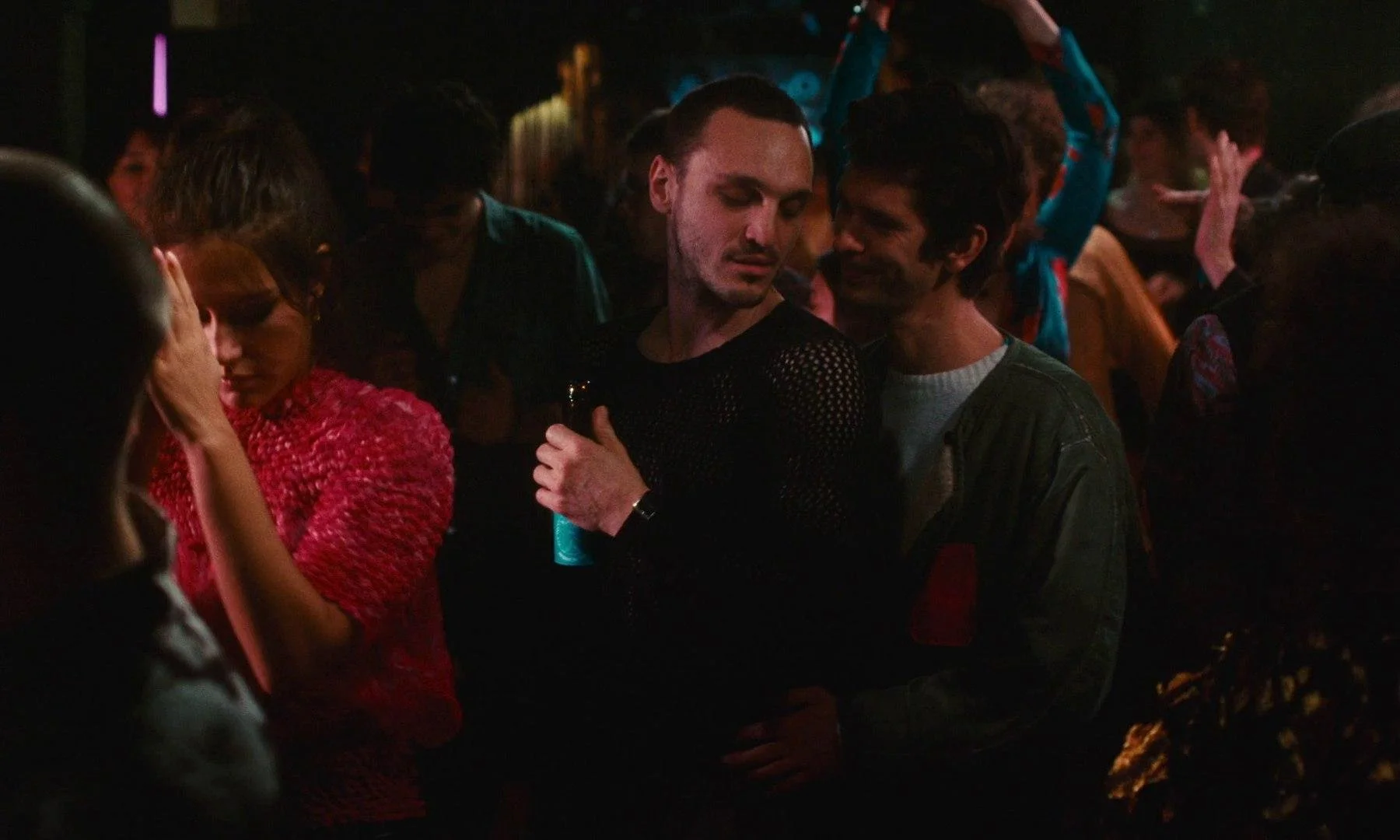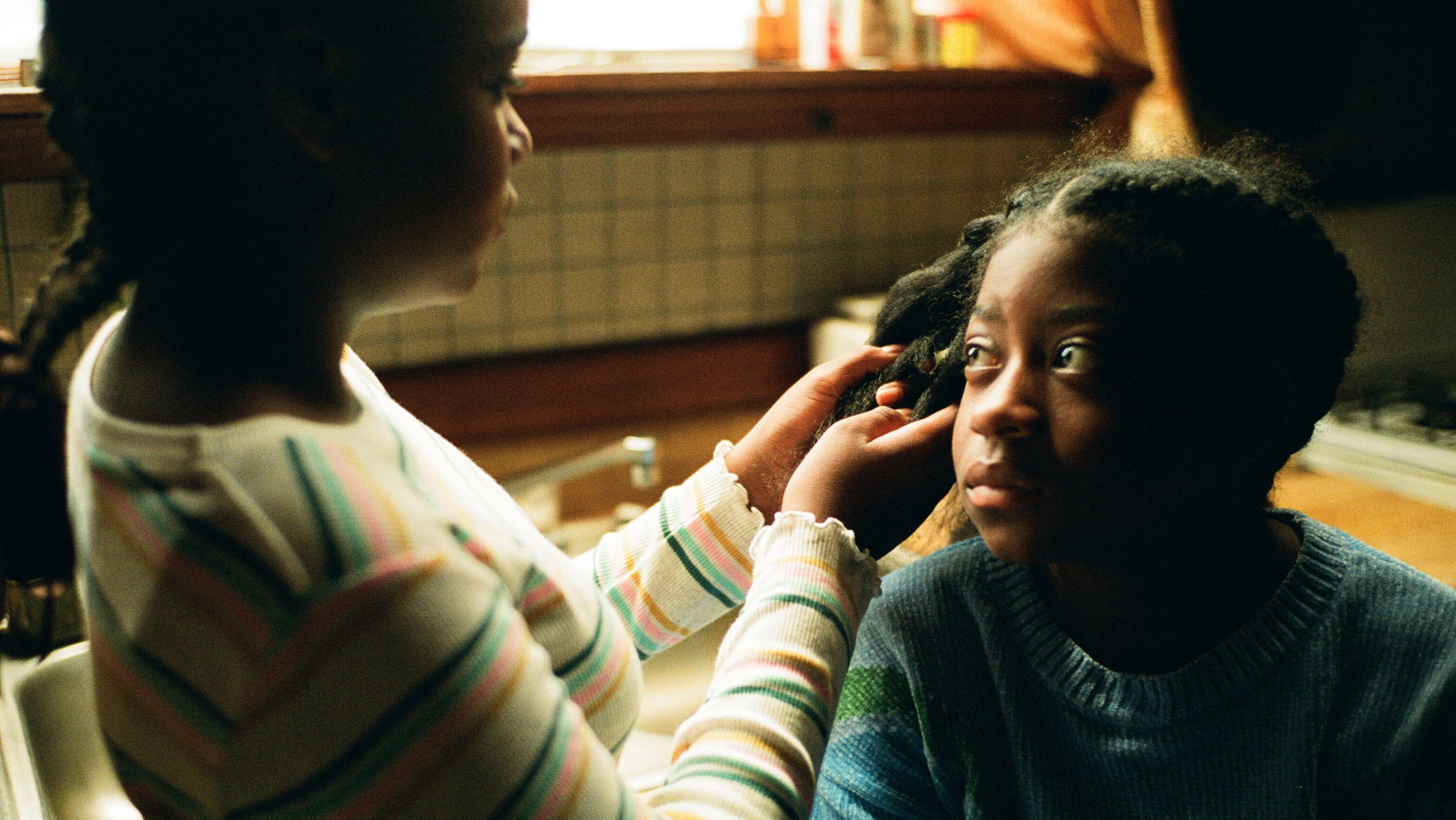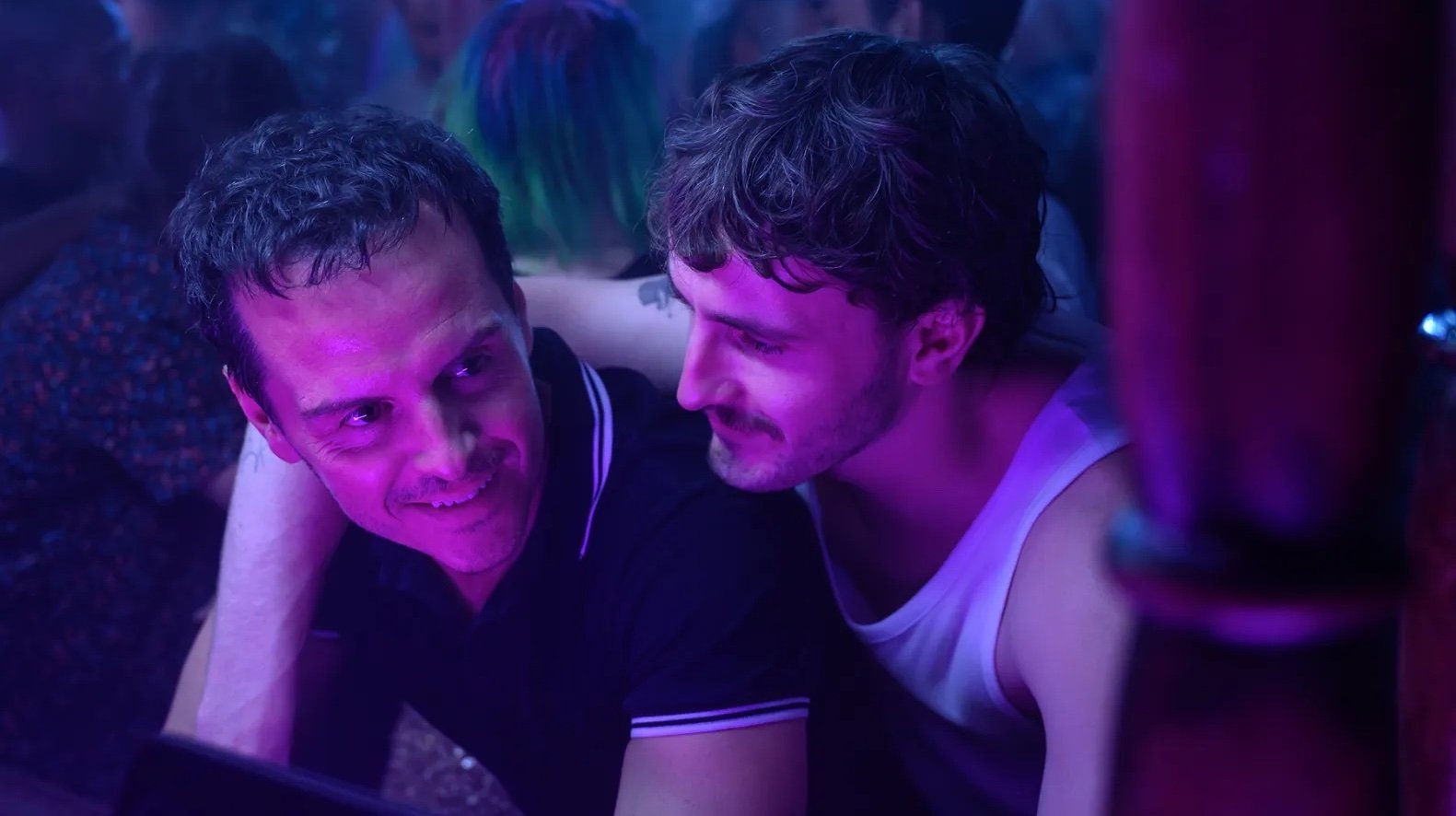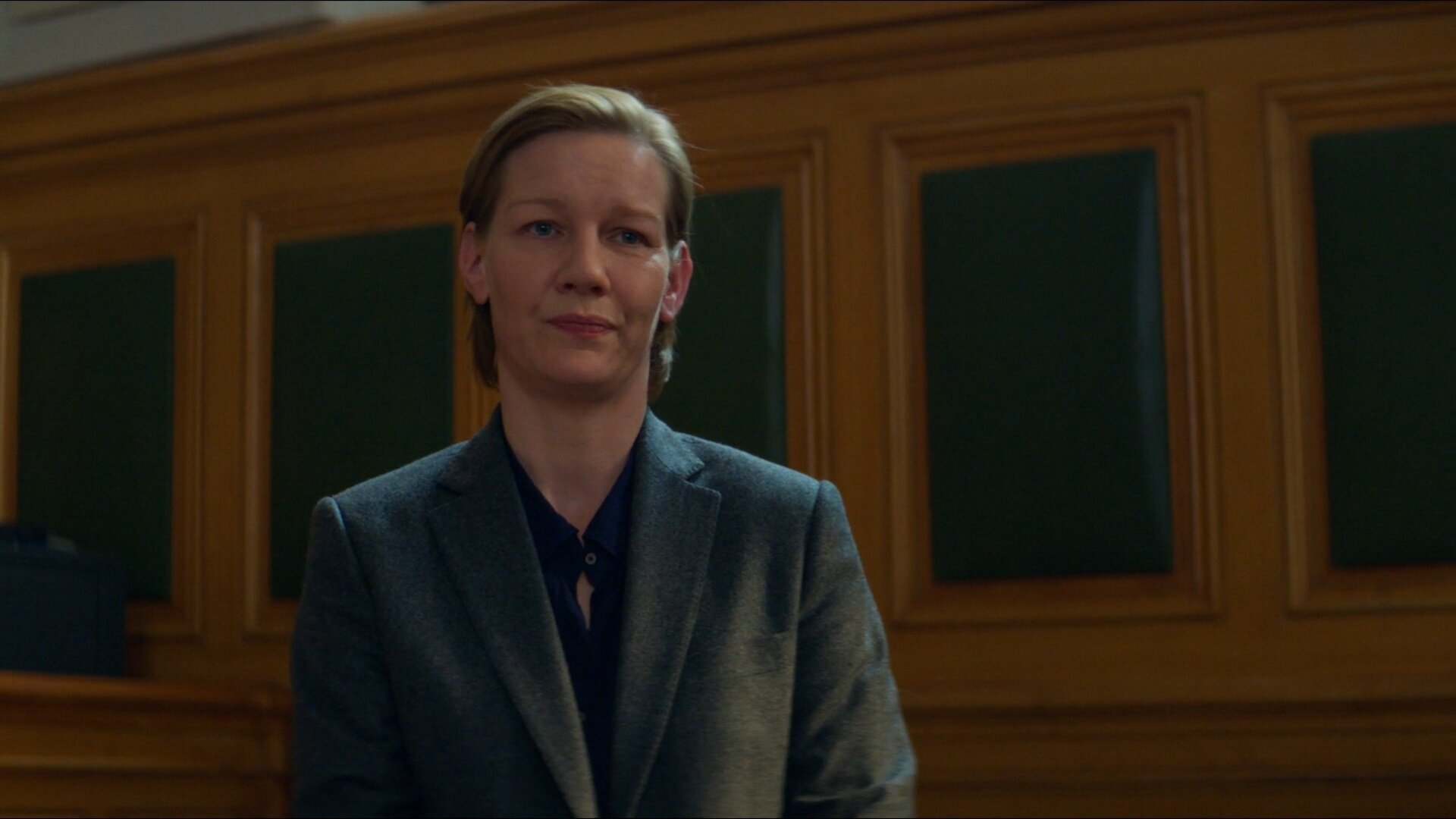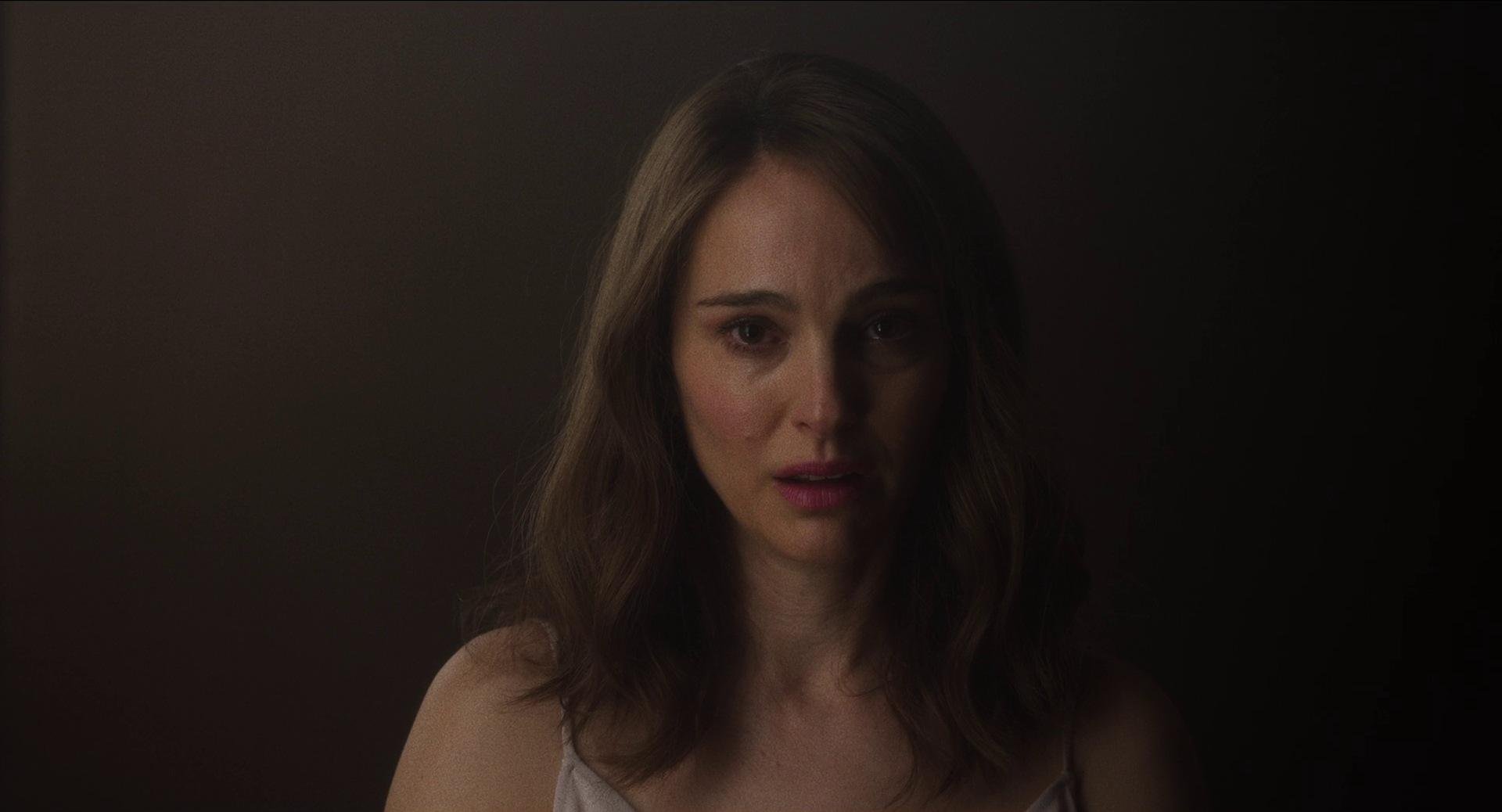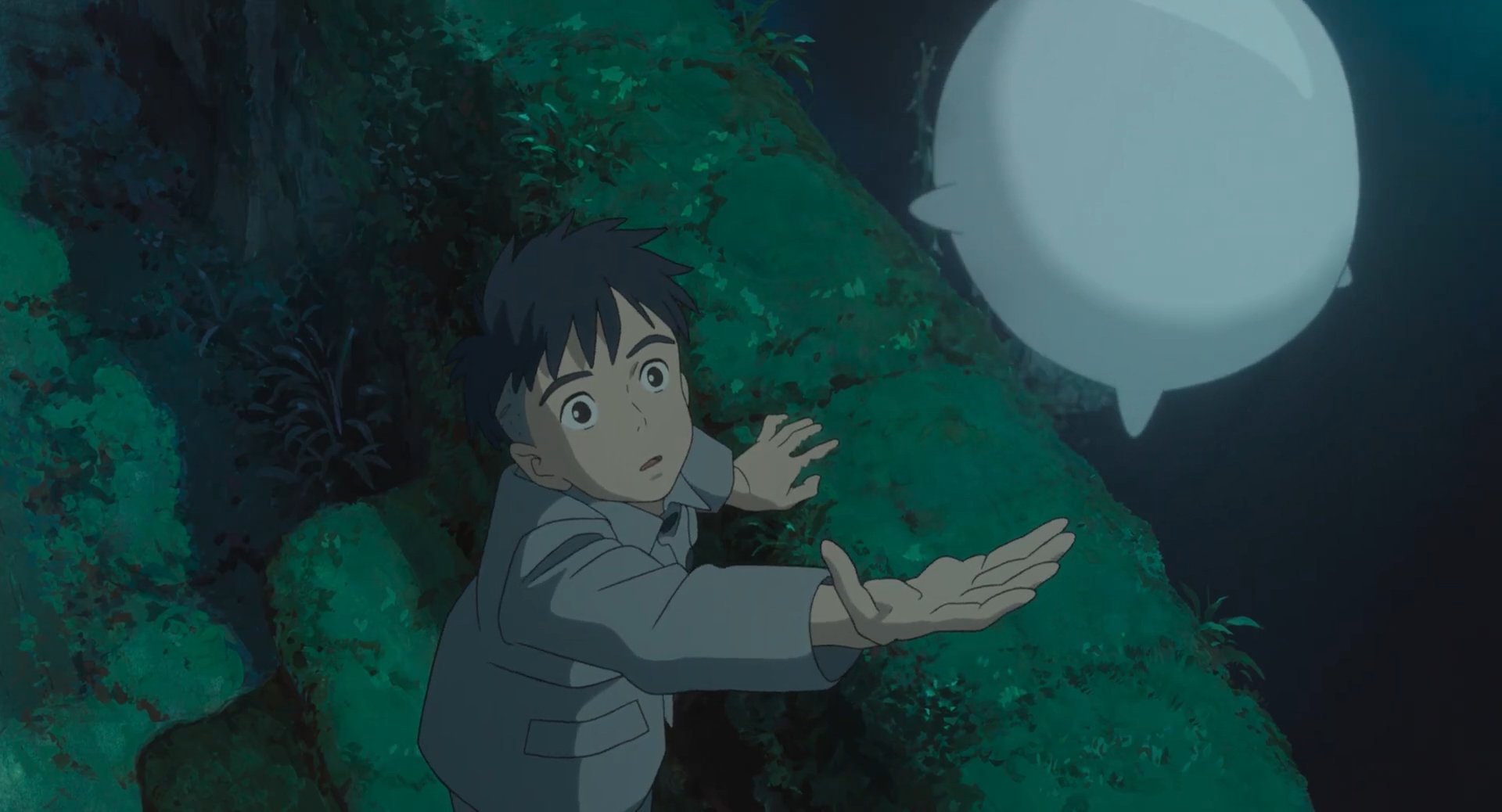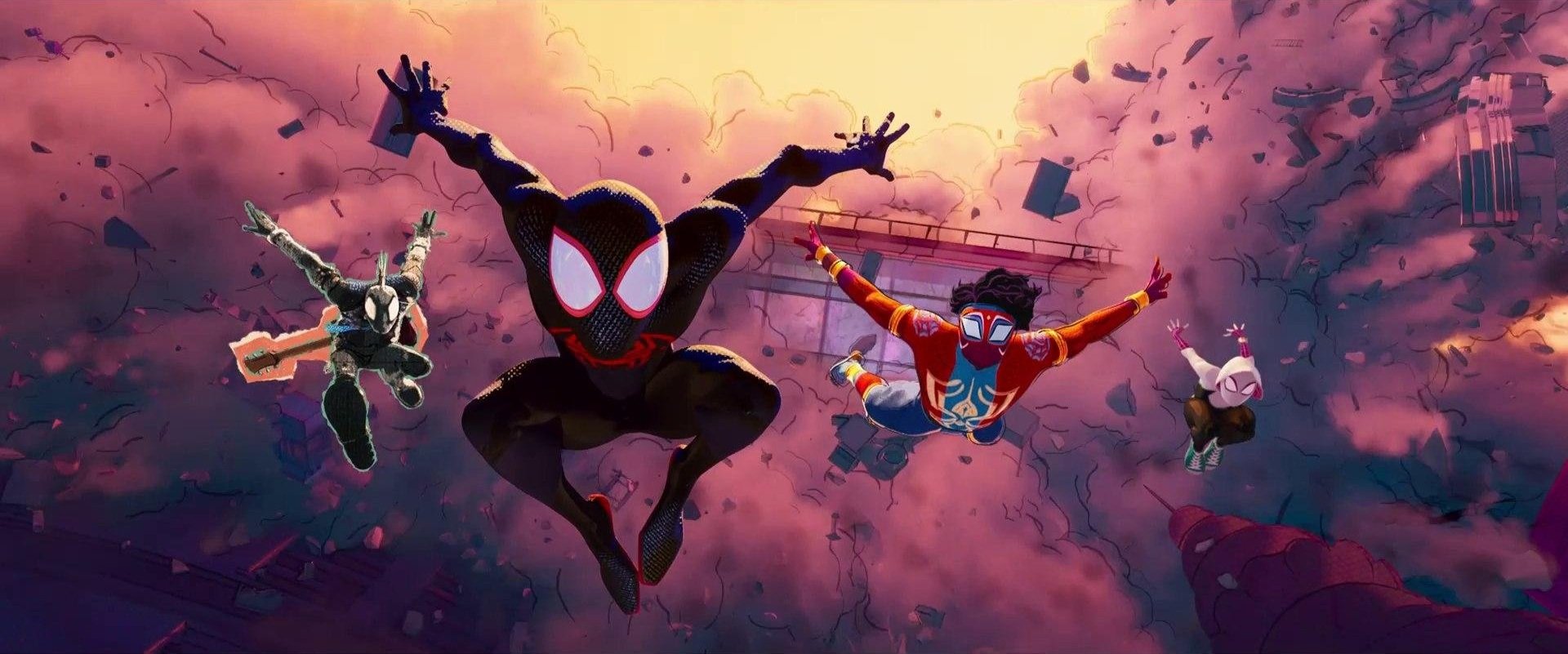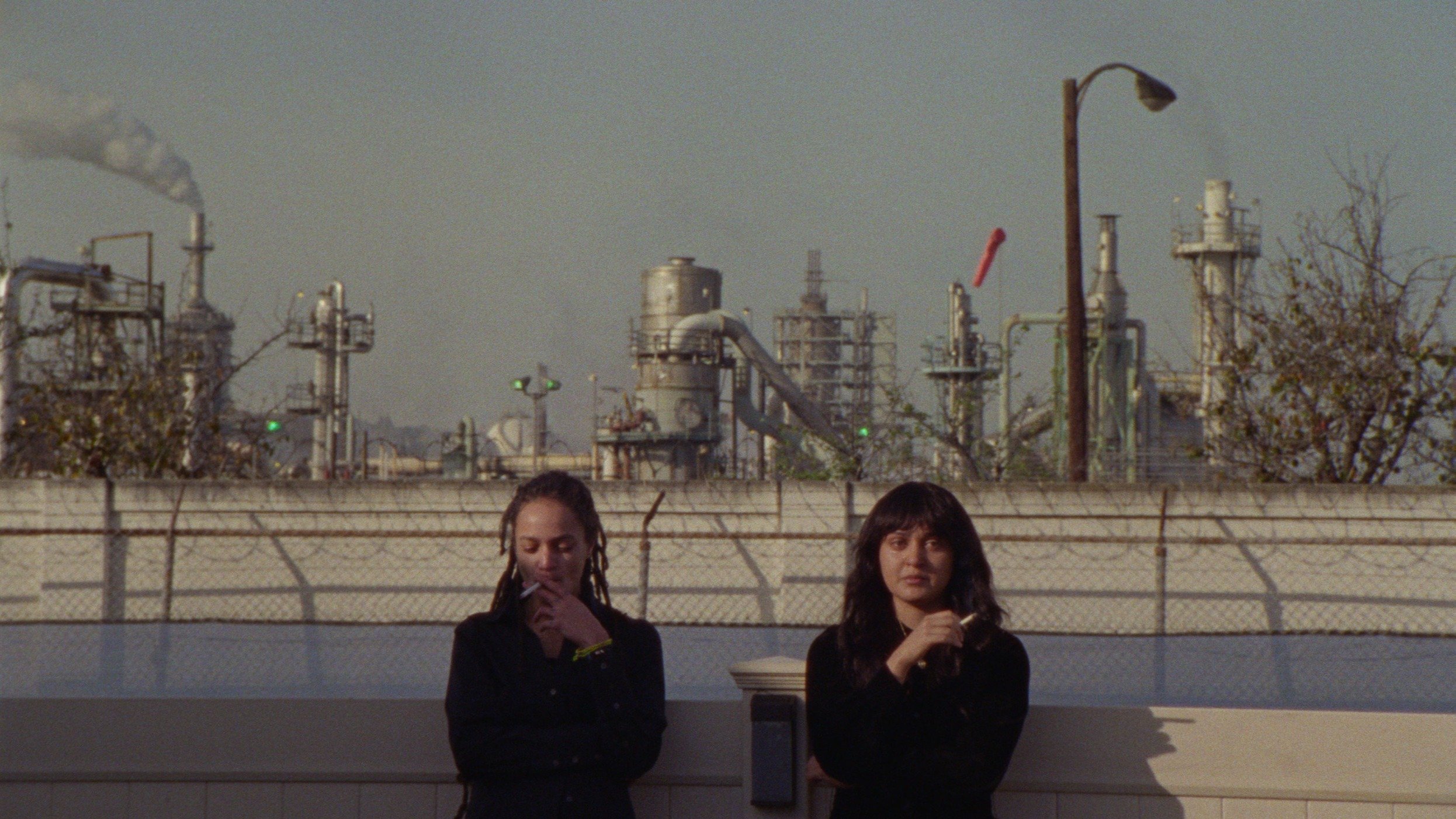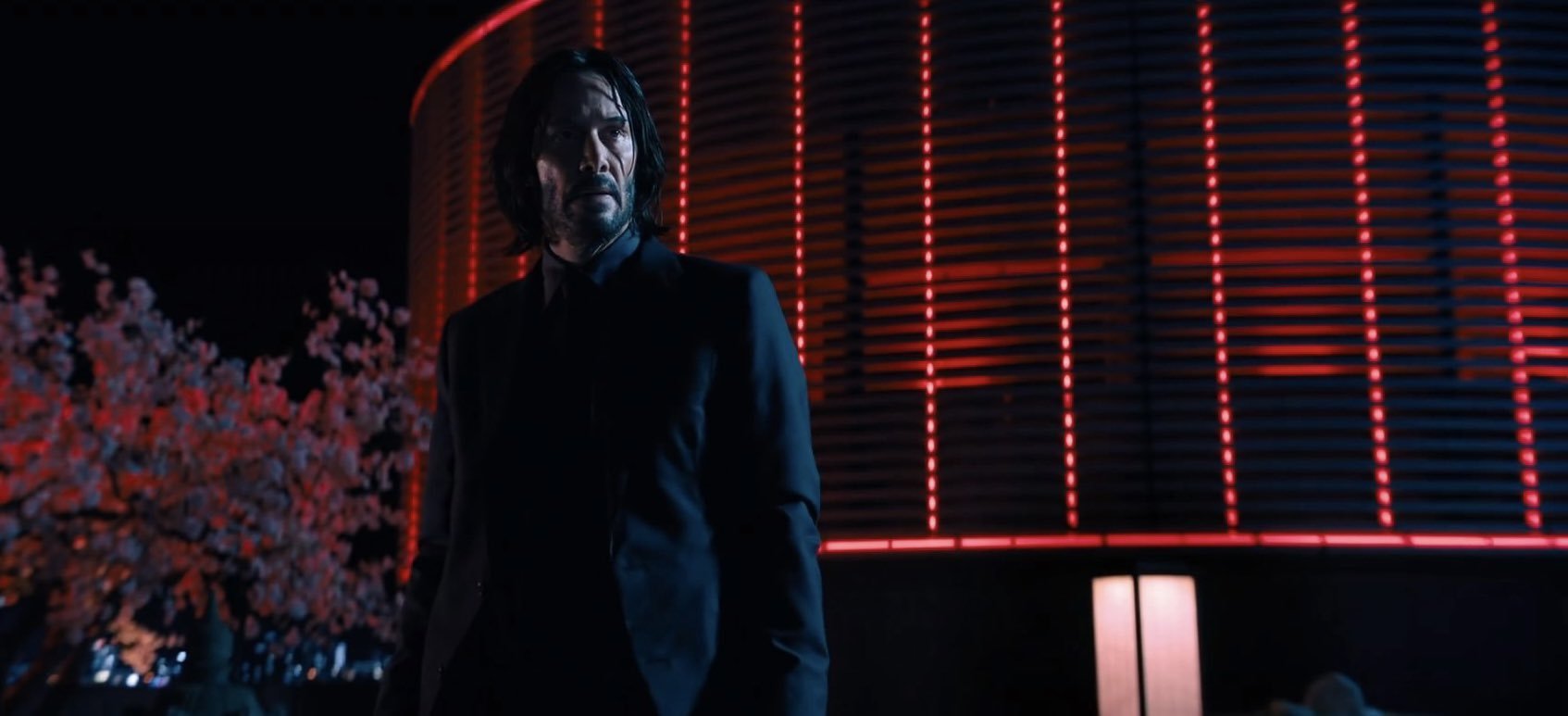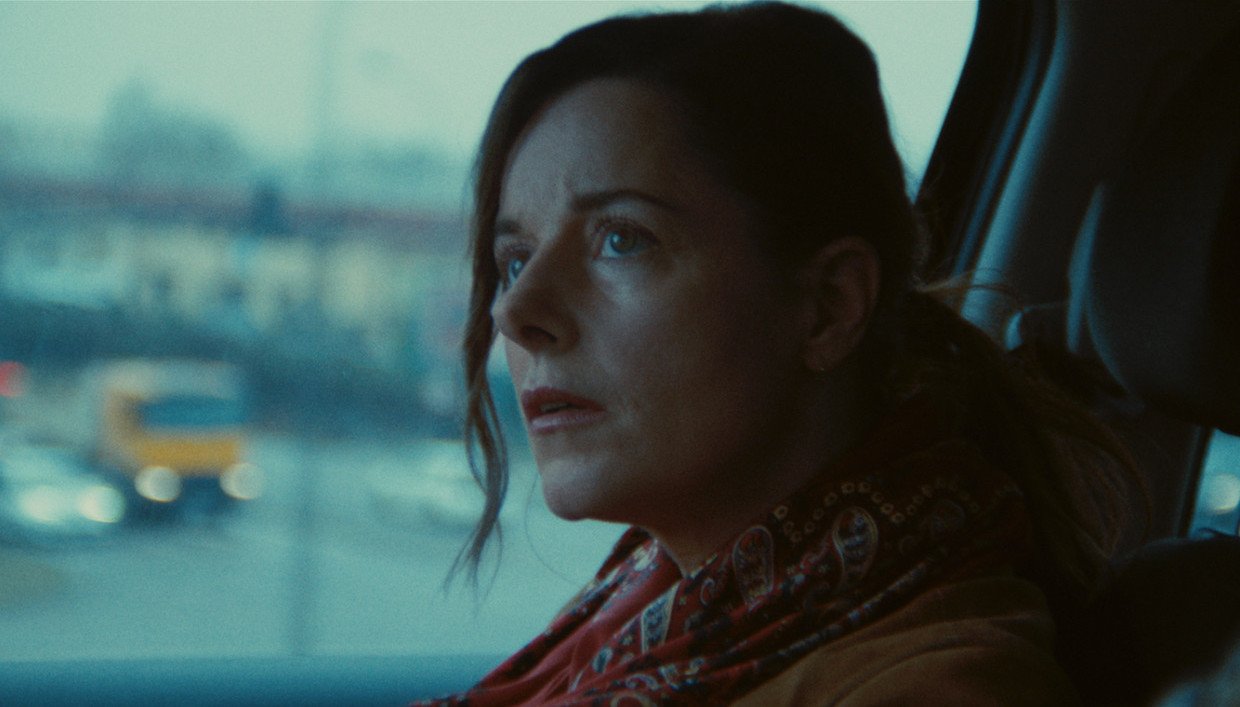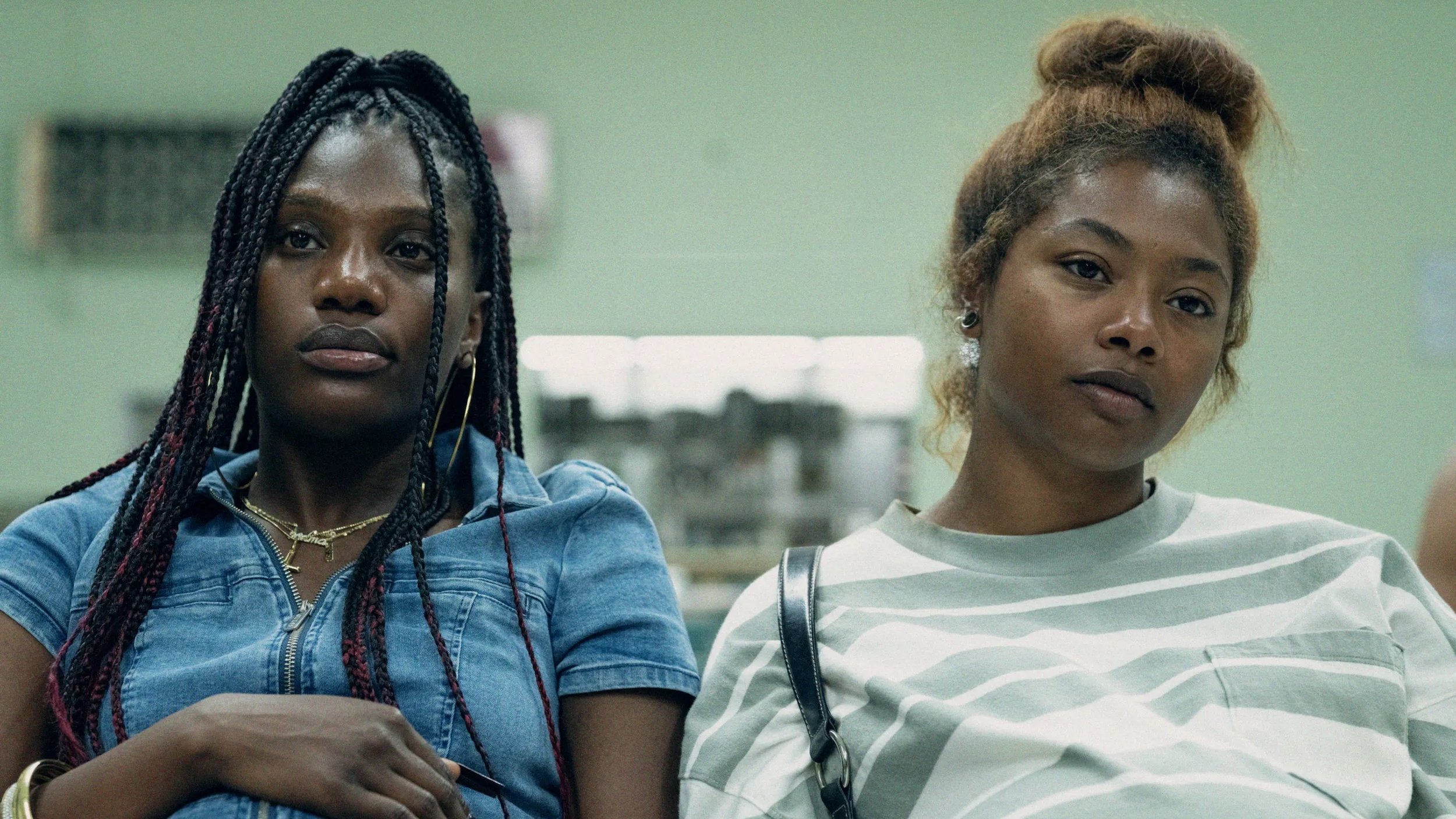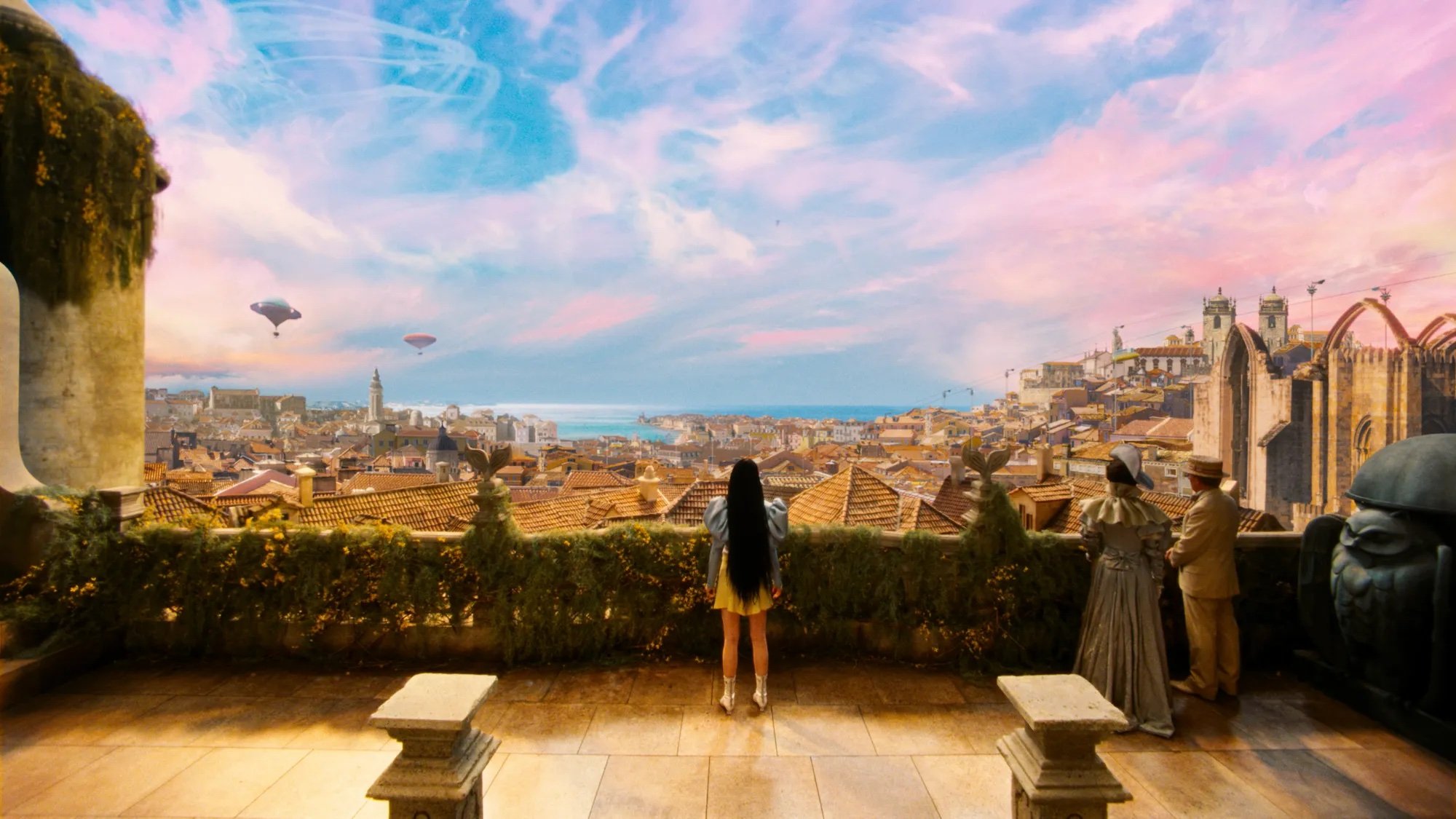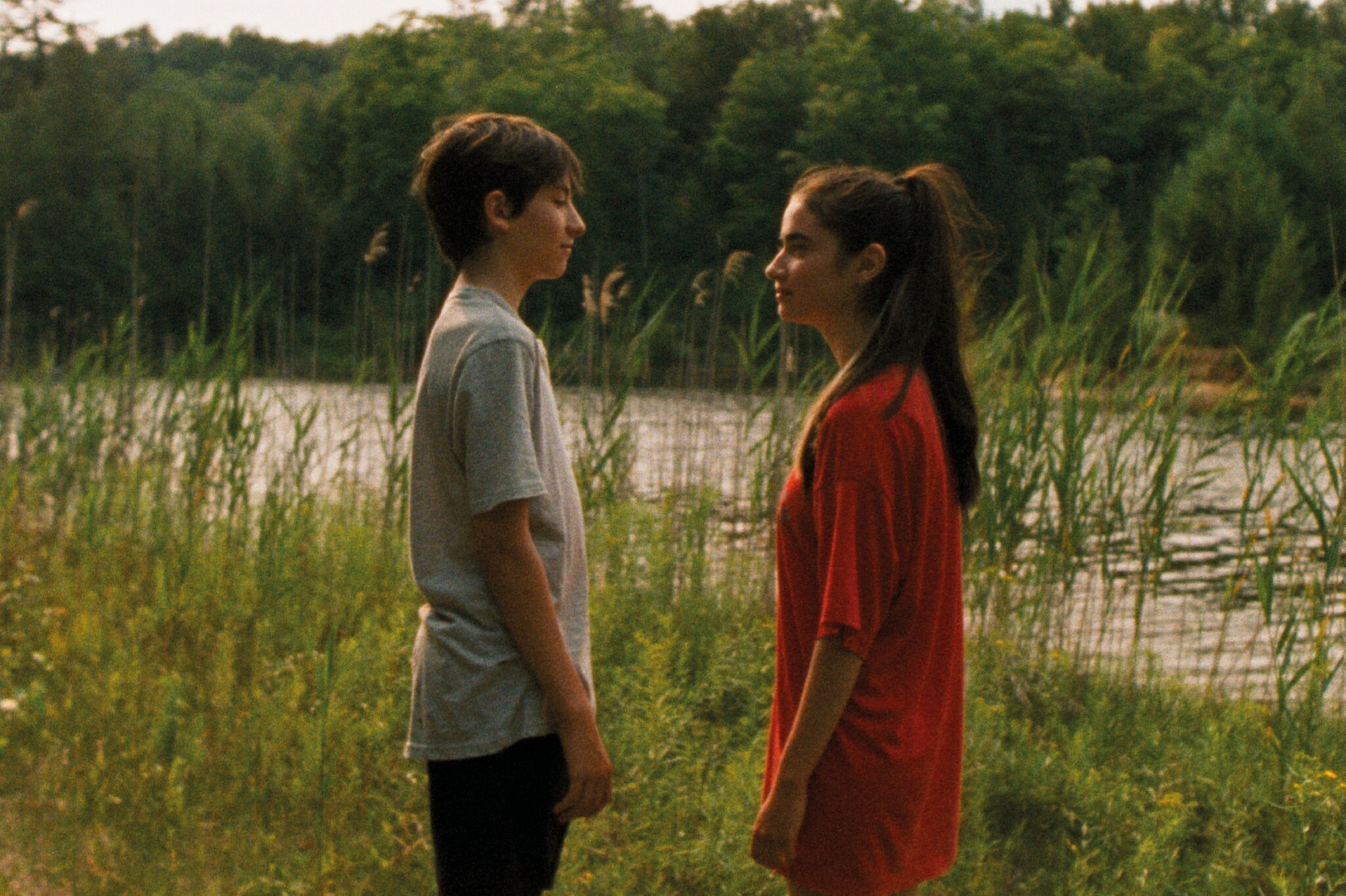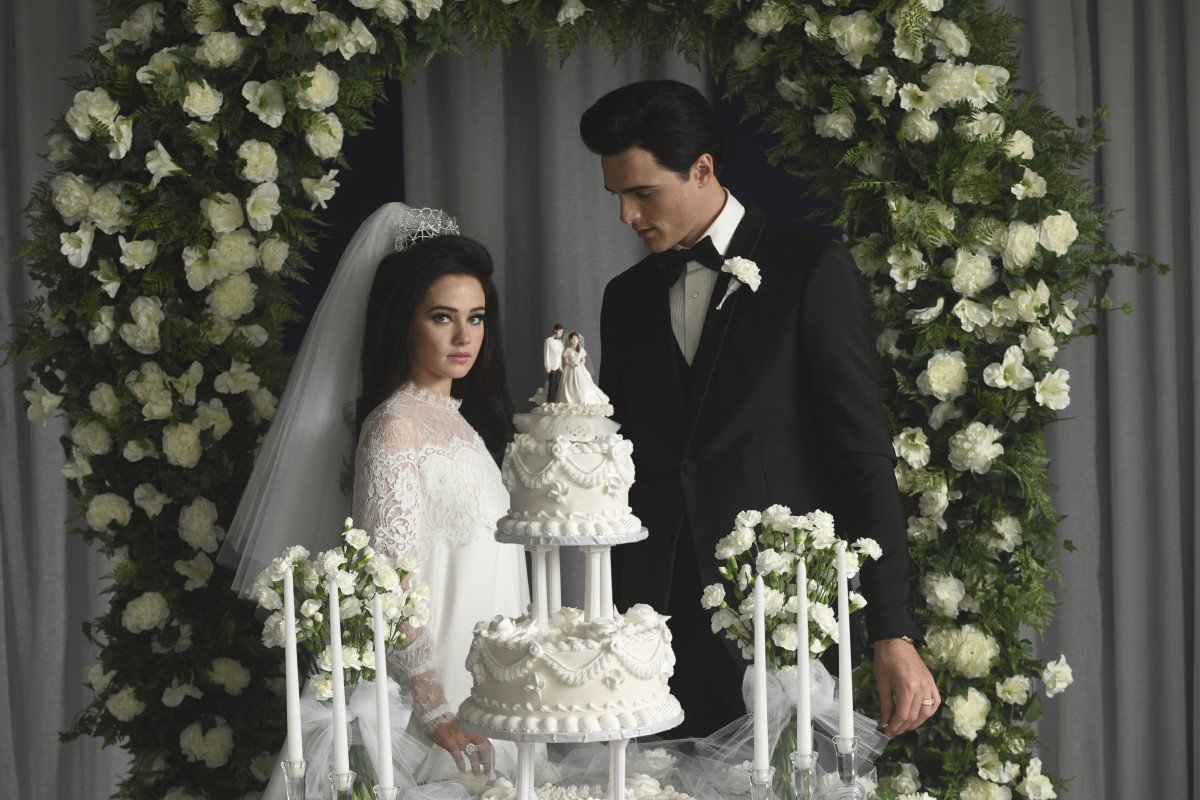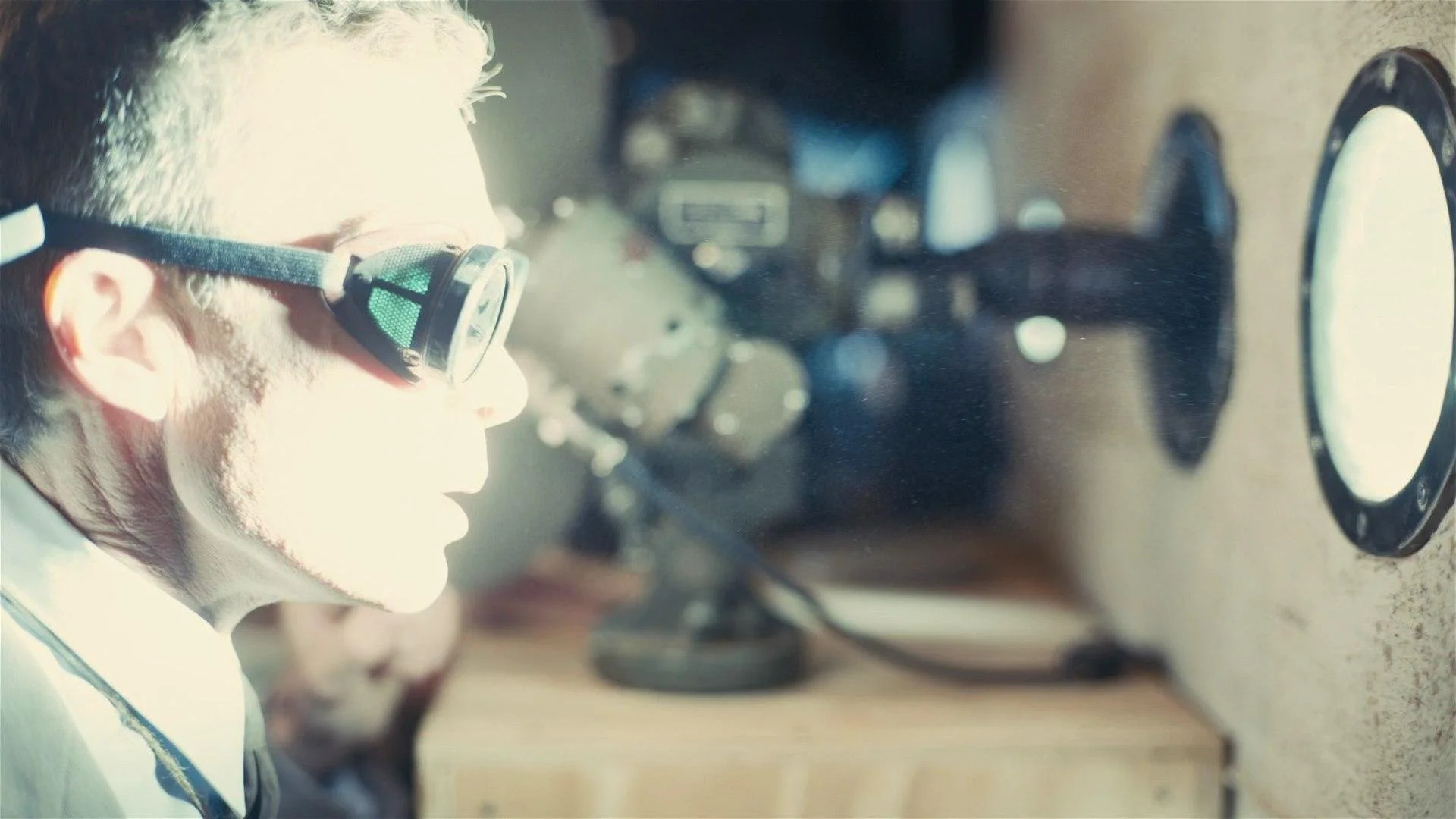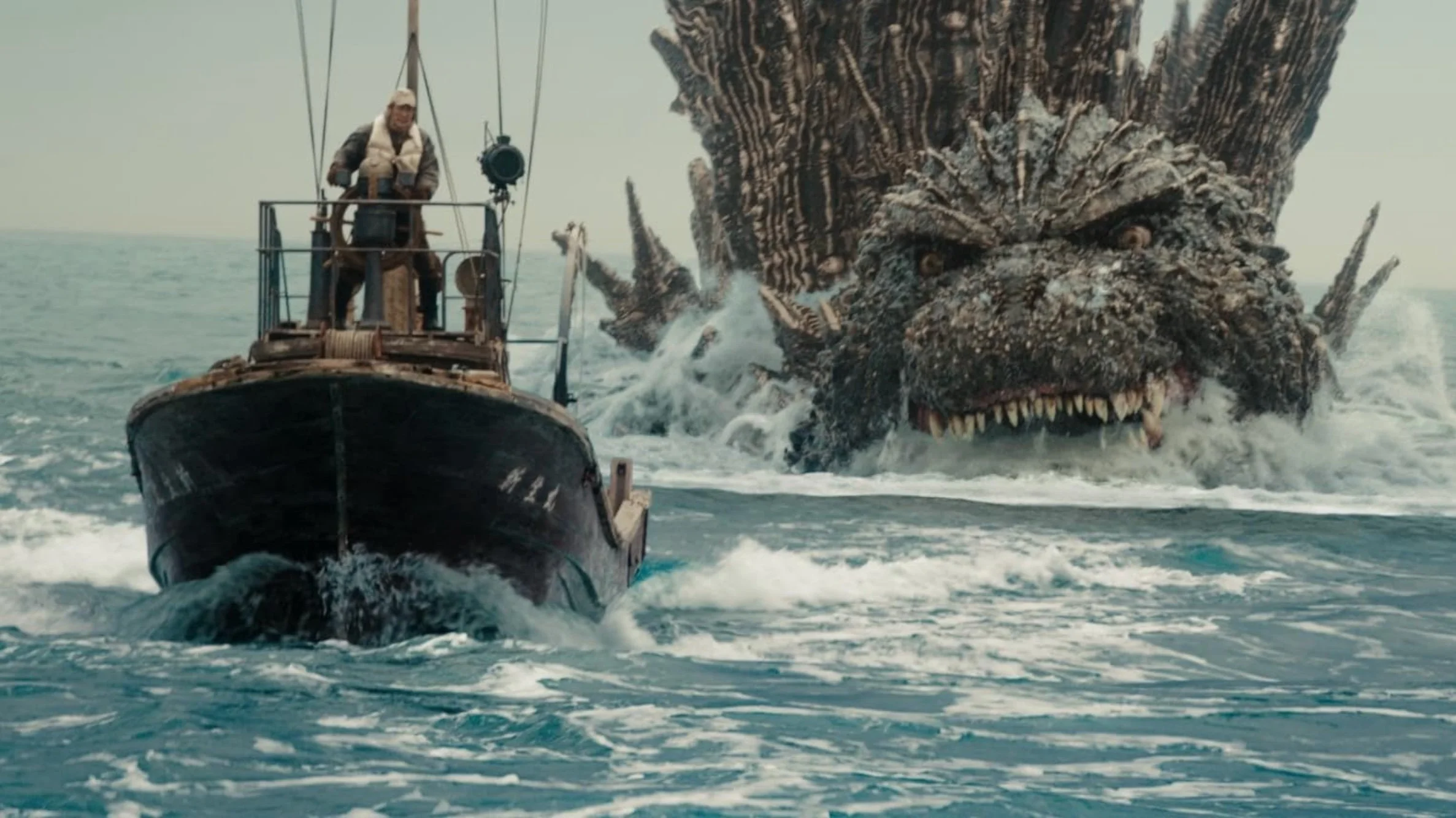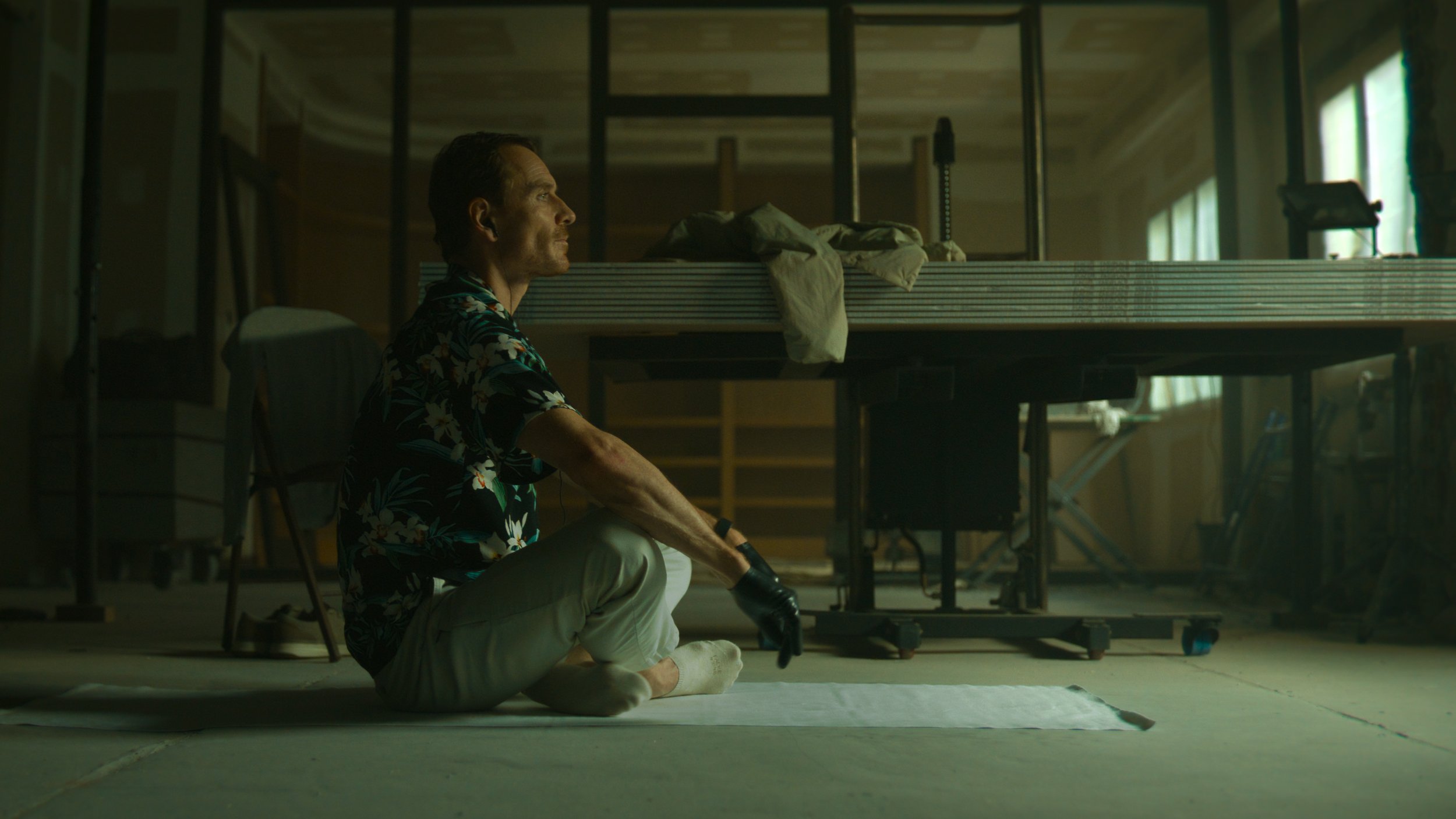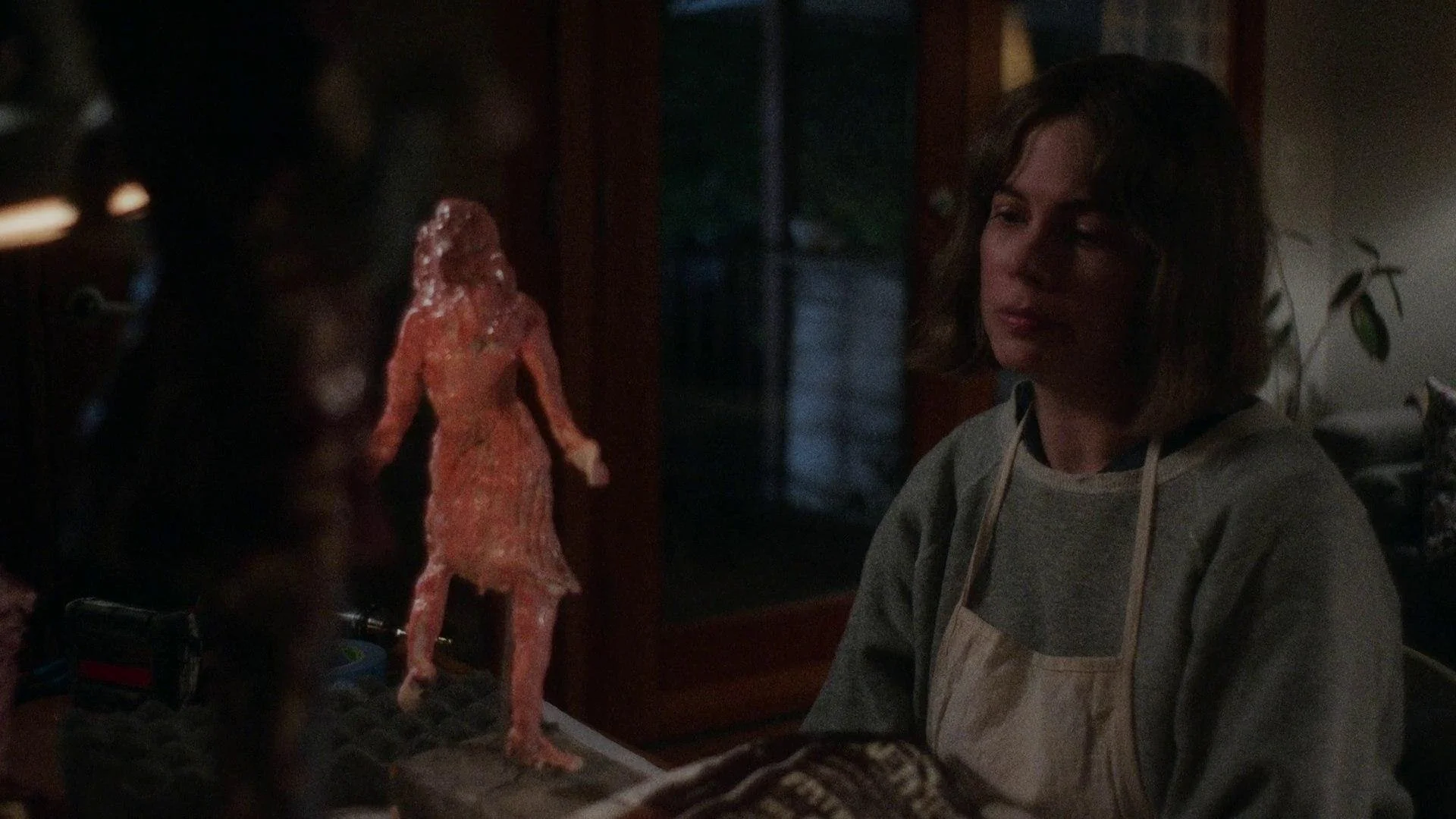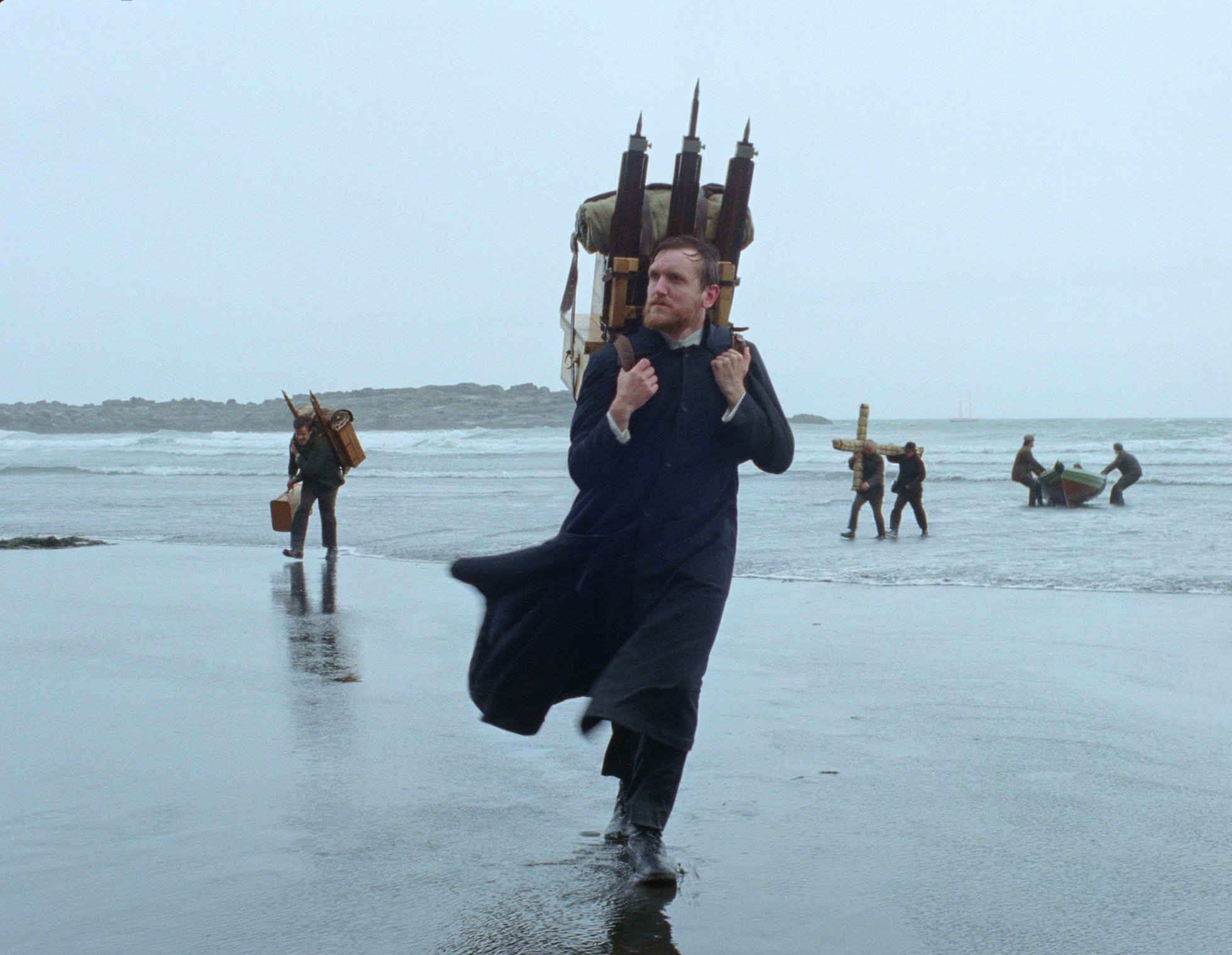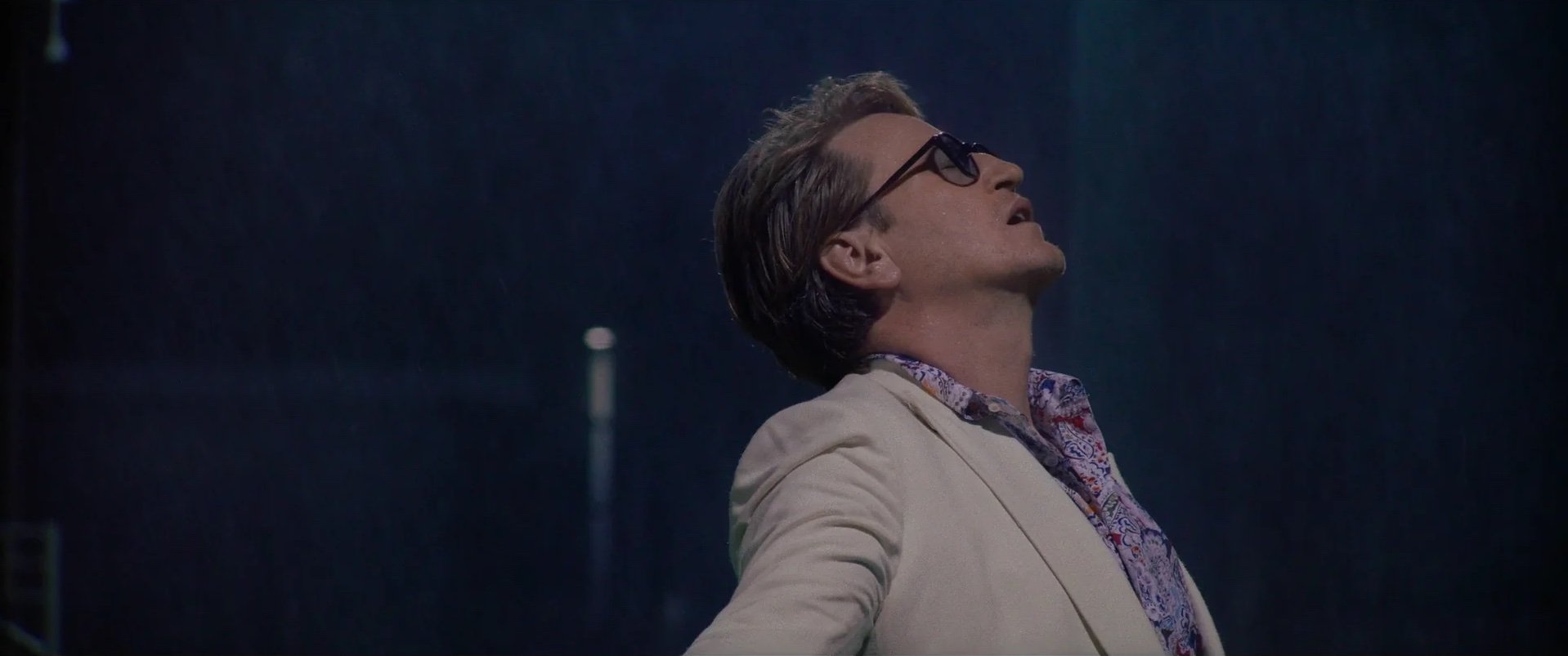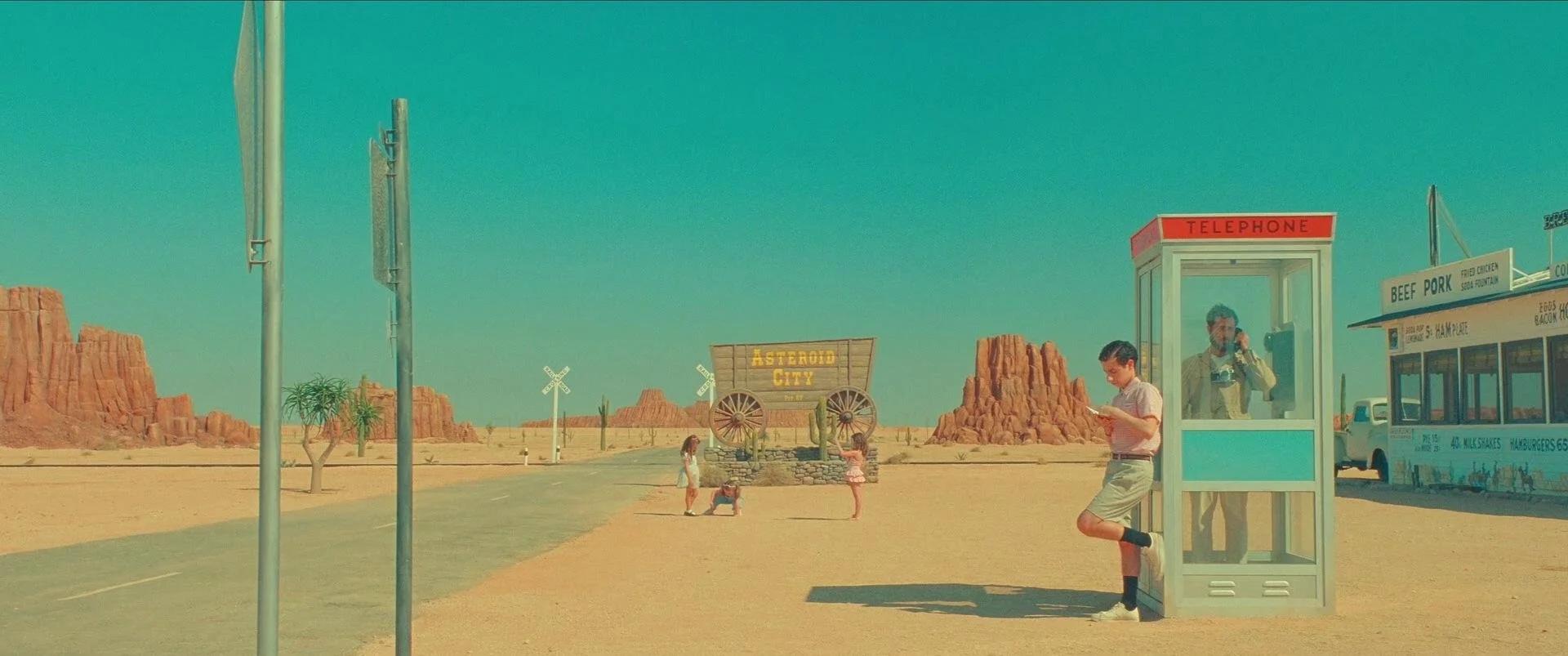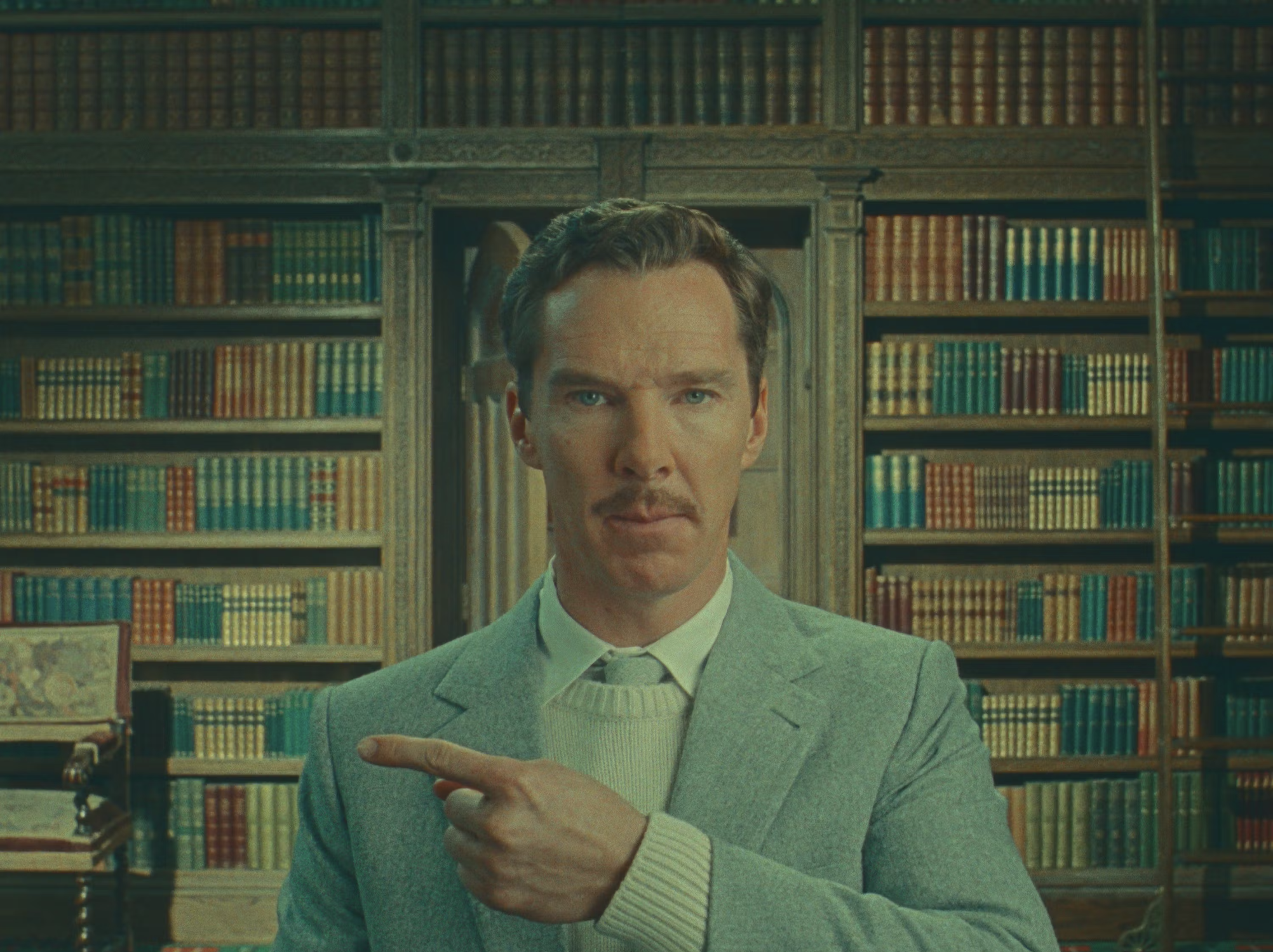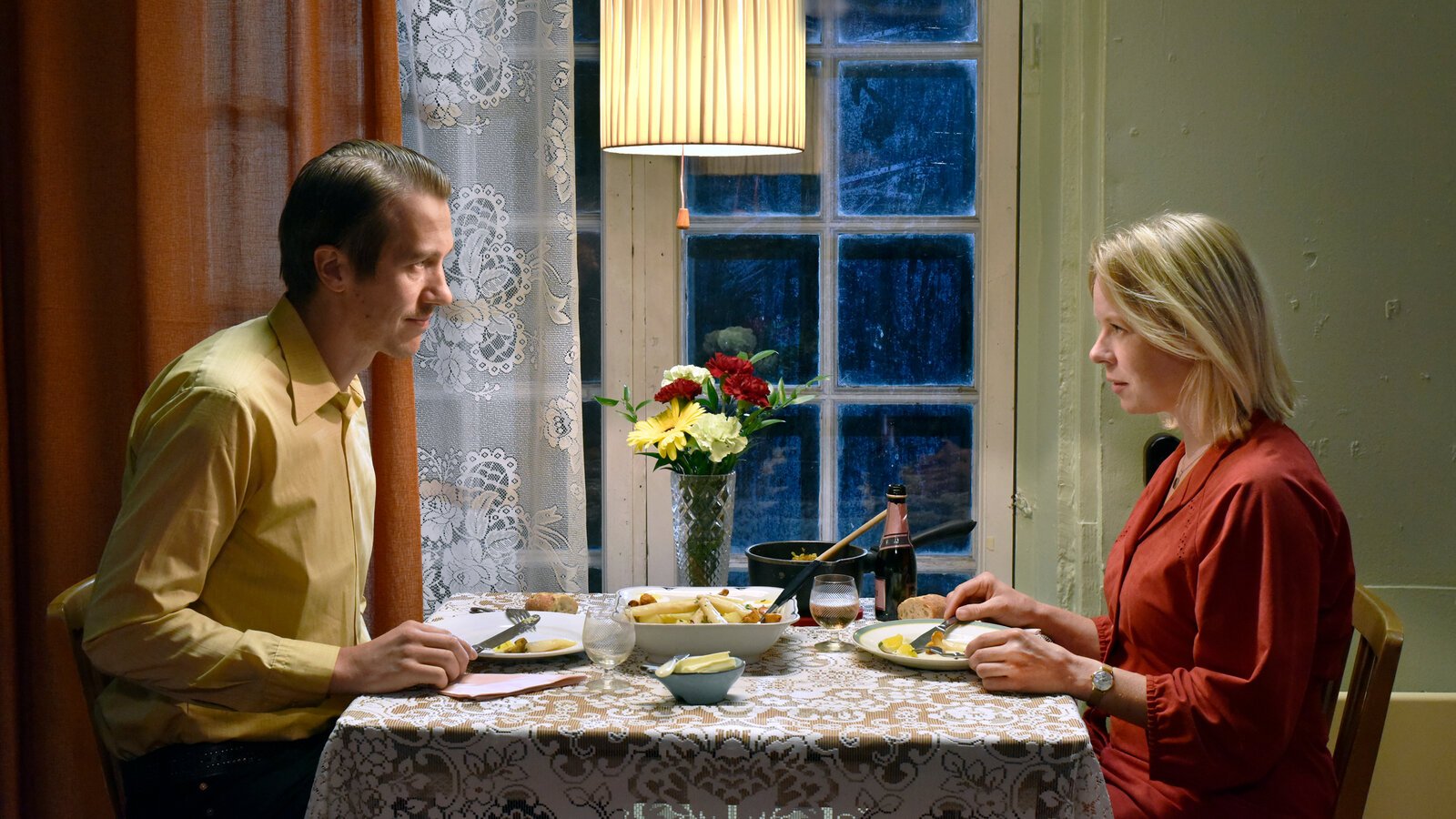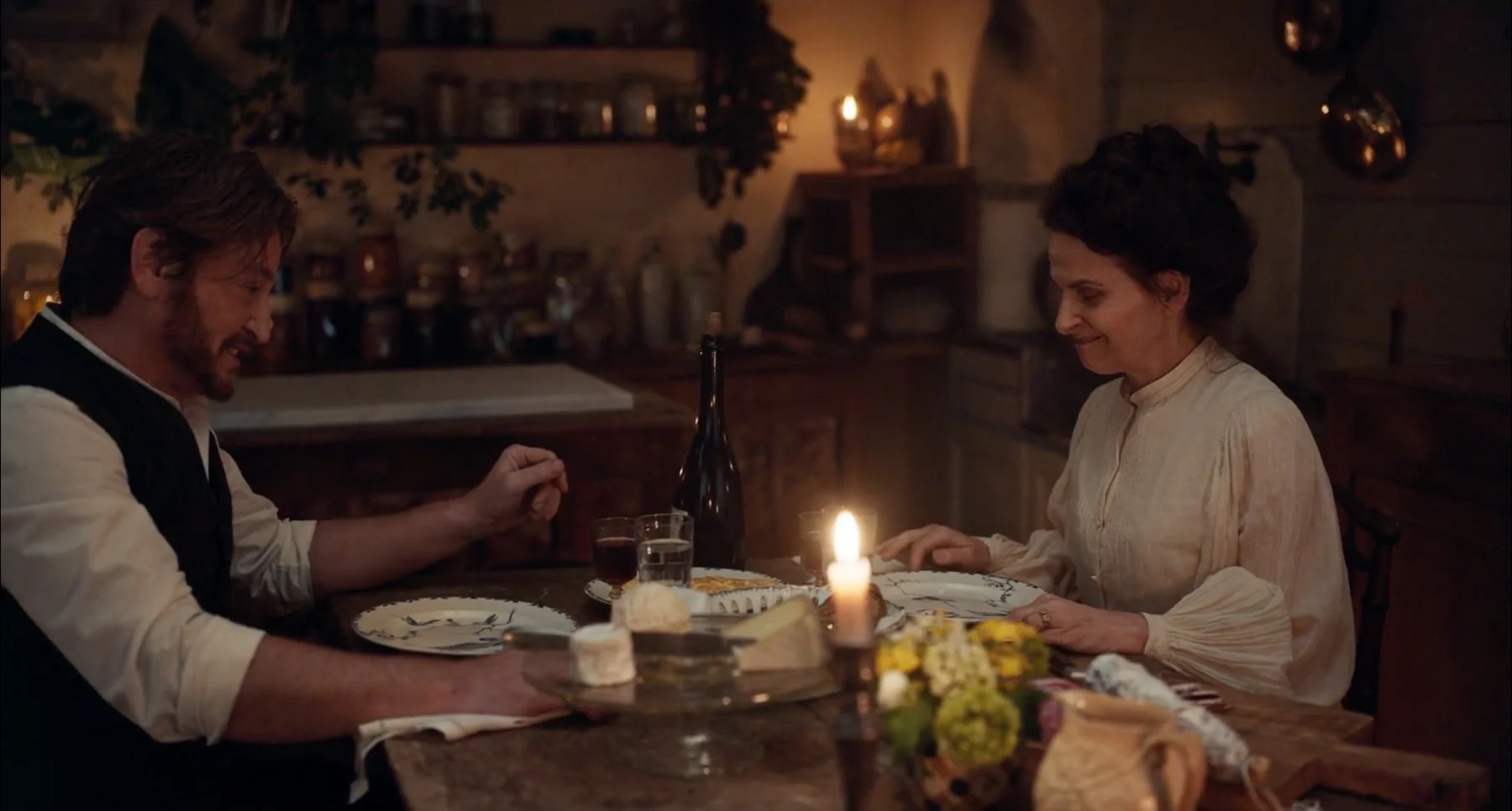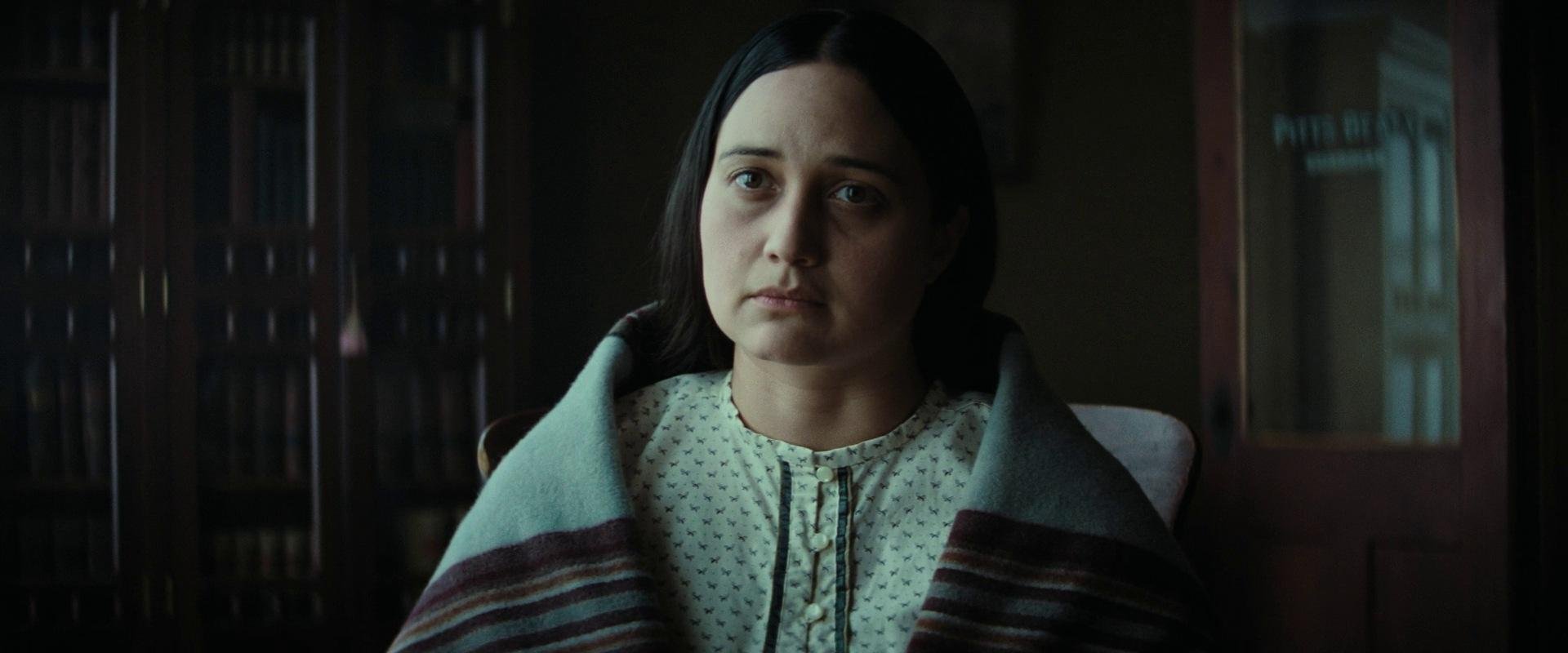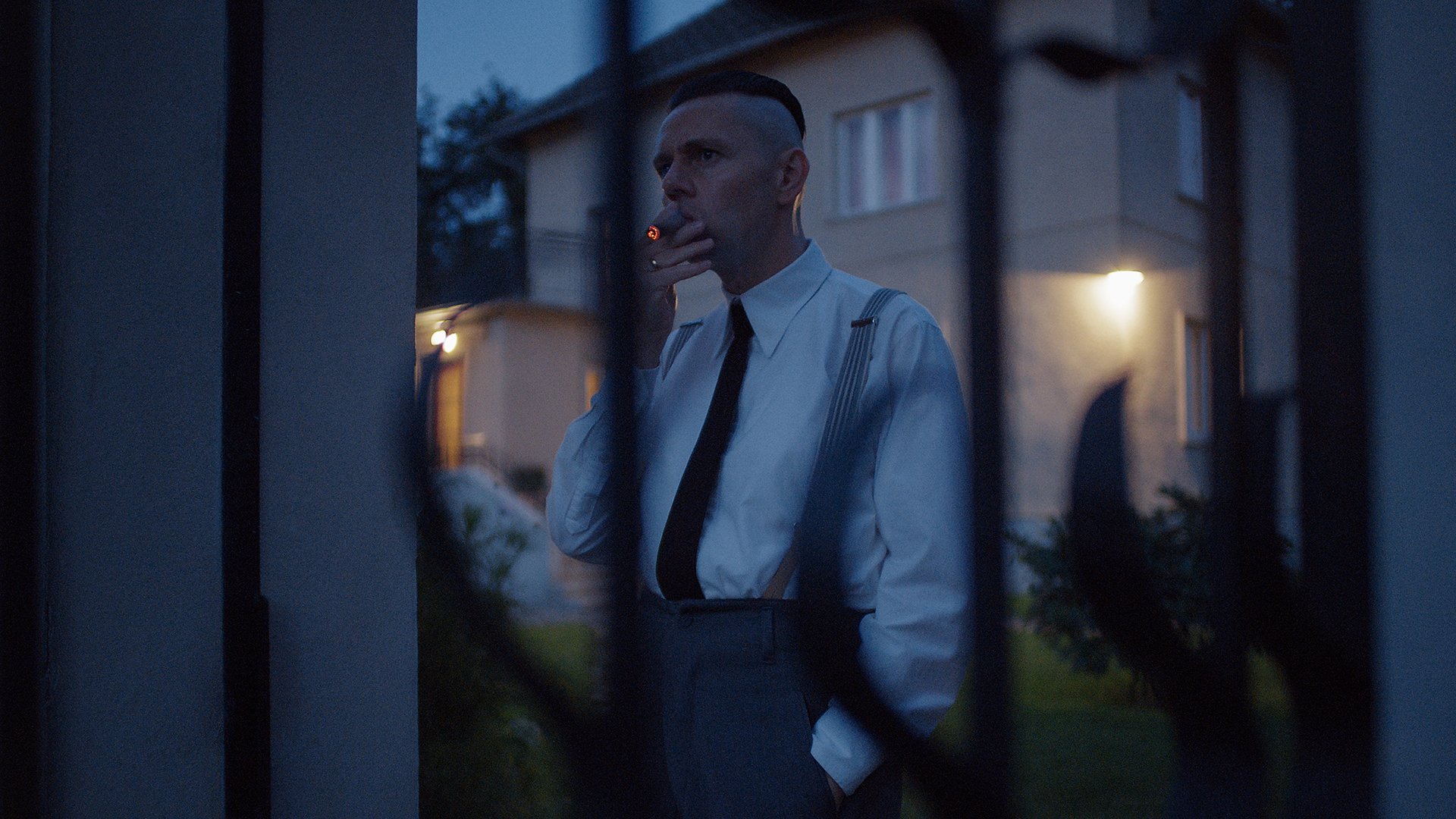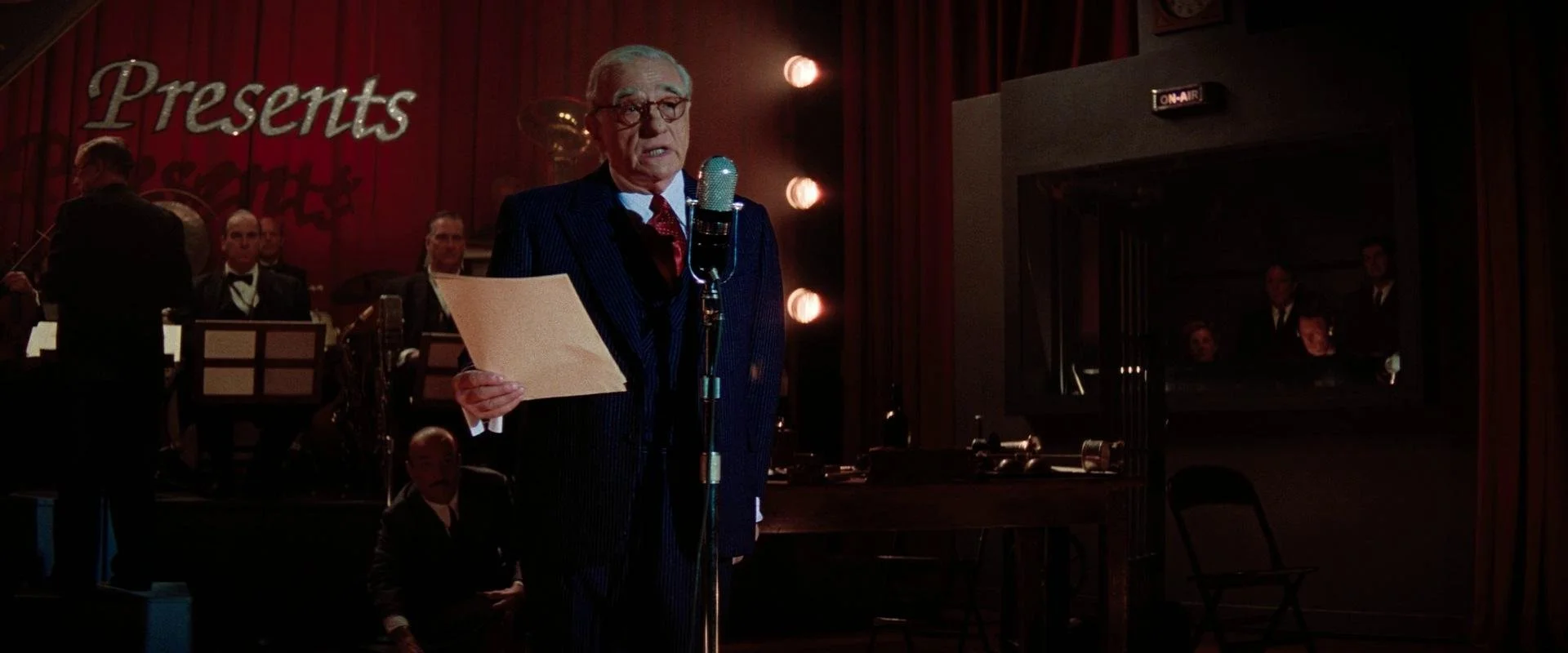Best Films of 2023
2023 was an atypical movie year—not as unusual as those of the pandemic but still noteworthy in several ways. The WGA and SAG-AFTRA strikes, which accounted for a combined six months of industry disruption, shut down productions, halted press tours, and delayed some releases already on the calendar (e.g., Dune: Part Two and Challengers moved to 2024, Mission: Impossible 8 to 2025). The fall film festivals were bereft of movie stars, instead relying on directors to promote their movies (admittedly a fun twist for people like me who geek out more over Martin Scorsese than Leonardo DiCaprio). The strikes were necessary and effective, but they did result in a massive pile-up of releases in December, as well as an increase in those irritating one-week Oscar-qualifying runs (this practice needs to stop entirely, and I apologize in advance for some of my list selections that don’t yet have wider commercial releases).
As someone whose enthusiasm for superhero movies exhausted years ago, I must admit I wasn’t too bothered by the box office underperformance of the year’s Marvel and DC output (the Guardians and Spider-Verse sequels are good, and their grosses reflect that quality, but most, like Quantumania and The Flash, are abysmal). I’m all for an industrial and cultural reset regarding what we want from big-budget Hollywood filmmaking. I do worry, however, about the sustainability of the theatrical model if people stop showing up for tentpole studio films. There is speculation that AMC Theatres, the biggest cinema chain, could declare bankruptcy this year, and that would be a gloomy development for all types of moviegoers. But perhaps we need only look to the movie phenomenon of 2023 for some optimism.
Barbenheimer indisputably was the pop culture event of 2023. Greta Gerwig’s Barbie and Christopher Nolan’s Oppenheimer, two disparate films that shared nothing but a release date, improbably turned into the can’t-miss double feature of… the century? Both features rocked the box office and played theaters deep into the fall. Why? Because WB and Universal, in a now rare case of faith, financially backed their talented writer-director auteurs, who crafted and delivered two of the year’s greatest and most entertaining films. In turn, audiences recognized and relished the occasion. So in honor of Barbenheimer, I’ve assembled my list of the best films of 2023 into double features of artistic, thematic, or narrative connection. The truth is every year is a good movie year if you know where to look, and 2023 was bountiful with gems. It was an especially rich year for established masters (Scorsese, Nolan, Miyazaki, M. Mann, Kaurismäki, Fincher, Haynes, W. Anderson, S. Coppola, Payne, Reichardt, Glazer, Gerwig, Lanthimos, Petzold) and feature debuts from female directors (Celine Song, Raven Jackson, Charlotte Le Bon, Savanah Leaf, Jamie Dack, Charlotte Regan, A.V. Rockwell, and more). Because the field was so strong, I decided to merge my usual honorable mentions and top ten sections into a single expanded list of 32 films—still ranked (albeit somewhat arbitrarily as the numbers rise) but paired up. The straight numerical list with details on where the films are now available can be found at the very end. Just ahead of the top selections is a collection of more films from 2023 that are worth seeking out.
Before I reveal my picks, there is one more noteworthy 2023 movie event to mention, and it’s a personal one. A documentary feature I co-produced, Beyond Human Nature, was released! It is a true crime story about the infamous Monfils murder case: in Green Bay, WI, in 1992, paper mill worker Tom Monfils was found dead in a pulp vat with a rope around his neck. Tied to the other end of that rope was a weight. Police detectives struggled to break the case as people demanded justice. Two and a half years later, six of Tom’s coworkers were arrested and charged with his murder. The ensuing trial divided the city in two and left many questions unanswered. Beyond Human Nature explores the mysteries and legacy of this major case from all sides. The doc, which I would describe as a crime thriller with a Midwestern sensibility, is a genuine indie project and labor of love that we first started working on in 2014. It premiered in Wisconsin last April, screening at three spring festivals, and was released on Video On Demand in May. In an effort to be unbiased, I’ve deemed it ineligible for the list below, but my collaborators and I are very proud of the film. If you’re interested, it is available for digital purchase and rental here.
Now onto my 2023 selections!
[As always, eligibility for my list required a commercial release, theatrical or digital, in the U.S. during the calendar year. Notable unseen eleventh-hour releases include Perfect Days, Menus-Plaisirs - Les Troisgros, The Teachers’ Lounge, and Origin.]
Other Films I Liked
20 Days in Mariupol | Afire | BlackBerry | The Delinquents | Dream Scenario | The Eight Mountains | Eileen | Enys Men | Ferrari | Four Daughters | Fremont | Guardians of the Galaxy Vol. 3 | Happer’s Comet | A House Made of Splinters | Infinity Pool | The Iron Claw | Joy Ride | The League | Love Life | Other People’s Children | Palm Trees and Power Lines | Poison | The Royal Hotel | Scrapper | Suzume | The Swan | A Thousand and One | Unrest
Films of the Year as Double Features
PAST LIVES (27) & PASSAGES (32)
dir. Celine Song / Ira Sachs
Three’s a crowd. Two intimate arthouse films about love triangles where the protagonist struggles to choose a partner with whom to build a life. In the case of Past Lives, Song takes a quiet, intellectual approach to her semi-autobiographical story about a married, NYC-based Korean immigrant (a terrific Greta Lee) who reconnects with her childhood sweetheart (Teo Yoo in a breakout performance) decades later. There’s such clarity and control in her filmmaking that it’s astounding this is just her first film.
Veteran indie filmmaker Sachs’ Passages stands somewhat in contrast: a sensual, tempestuous film about a narcissistic director whose mercurial romantic desires threaten the peace and prosperity of two relationships. As the central figure, Franz Rogowski sweeps through the picture like a cyclone. Ben Whishaw and Adèle Exarchopoulos offer great support as his distressed paramours by grounding the narrative’s emotional complexity.
—
ALL DIRT ROADS TASTE OF SALT (22) & ALL OF US STRANGERS (23)
dir. Raven Jackson / Andrew Haigh
Reflections on family life. Two impressionistic films that drift through time and space in their explorations of challenging upbringings. All Dirt Roads Taste of Salt, Jackson’s unforgettable feature debut, spans decades as it tracks in fragments the life of Mack (played by Kaylee Nicole Johnson as a kid and Charleen McClure as an adult), a Black woman in rural Mississippi. From the opening frame, this is a film that foregrounds the sensation and significance of touch. Textures—of water, dirt, fabrics, and, most importantly, skin—are rarely shot with such attentiveness. This is lyrical filmmaking that recalls the work of Terrence Malick in the best way.
Haigh’s latest movie, about a London-based gay man named Adam (Andrew Scott) who encounters his long-deceased parents in his childhood home, is a tender mood piece of heartache and loneliness. Essentially a ghost story, Strangers slips between dream and nightmare in our protagonist's subjectivity. Like Dirt Roads, there is special attention afforded human touch as a vital element of connection. The film is anchored by the subtle interiority of a superb Scott in one of the year’s best performances.
—
ANATOMY OF A FALL (19) & MAY DECEMBER (29)
dir. Justine Triet / Todd Haynes
Marital drama in the public eye. Loosely inspired by real-life incidents that became tabloid fodder, Anatomy of a Fall and May December give us an insider’s look at the veiled discord in these marriages and how people can convince themselves of things to maintain a precarious equilibrium. Anatomy, about a woman (Sandra Hüller) on trial for the suspicious death of her husband, is a throwback to the ’90s courtroom mystery. Triet and her co-writer/partner, Arthur Harari, craft a structurally savvy narrative that reveals key information incrementally and, crucially, through a combination of unreliable channels. Hüller dazzles.
Haynes, working with a shrewd script from screenwriter Samy Burch, explores the thorny relationship of an older woman and her younger husband with whom she had an illicit affair when he was just 13 years old. Our entry point into this world is the opportunistic actress who is set to star in a film about the couple. May December turns what could be salacious material into a layered drama of damaged individuals and unresolved mysteries. Despite starring two acclaimed actresses, Natalie Portman and Julianne Moore, the revelation here is Charles Melton, who somehow manifests the teen boy still trapped inside the 36-year-old man.
—
THE BOY AND THE HERON (18) & SPIDER-MAN: ACROSS THE SPIDER-VERSE (20)
dir. Hayao Miyazaki / Joaquim Dos Santos, Kemp Powers, Justin K. Thompson
Animation artistry. 2023 was not a banner year for animated cinema, but even if it were, The Boy and the Heron and Spider-Man: Across the Spider-Verse would stand out. The sheer beauty and imagination on display in these two films is breathtaking. What a blessing it is to get at least one more film from Miyazaki, our greatest animator and a storytelling master. A WWII-set tale of a grieving boy who embarks on a personal journey when he discovers a magical castle, Heron is another visionary work that both celebrates Miyazaki’s pet themes and showcases his persistent interest in experimenting with form.
Similarly, Across the Spider-Verse reframes and then shatters expectations for the comic book movie. In a moment of superhero fatigue, the Spider-Verse franchise continues to surprise and delight, blending a variety of animation styles to create a dynamic visual symphony. No other superhero film, animated or live action, measures up. This movie also manages its multiversal insanity with more flare and humor than Marvel or DC can muster. The only frustration is that we’ll have to wait longer than anticipated to see the conclusive film in the trilogy.
—
SICK OF MYSELF (15) & HOW TO BLOW UP A PIPELINE (17)
dir. Kristoffer Borgli / Daniel Goldhaber
The kids are not all right. Millennial filmmakers Borgli and Goldhaber made films that capture the zeitgeist of young people today. Coincidentally, they were both shot on film stock (Sick of Myself on 35mm, How to Blow Up a Pipeline on 16mm), but in tone and outlook, they could not be more different. Borgli’s dark satire about a young Norwegian woman who goes to extreme and physically dangerous lengths to gain attention is an acidic takedown of narcissism-fueled social media culture and performative victimhood. Holding an unwavering critical gaze on his protagonist, Borgli flits between unpleasant body horror and uproarious comedy, often within the same scene. It’s a deeply cynical but undeniably incisive portrait.
Goldhaber’s film, a fictionalized adaptation of a nonfiction book, is a crime thriller about a group of young climate change activists on a mission to sabotage a Texas oil pipeline. Openly embracing a leftist ideology, Pipeline has a potent political conscience, though it never impedes the white-knuckle thrills of its crime procedural. This is a taut, lean film with razor-sharp editing and a pulsating electronic score. Goldhaber has fused political text and genre movie to make one of the year’s most contemporary flicks.
—
JOHN WICK: CHAPTER 4 (14) & MISSION: IMPOSSIBLE - DEAD RECKONING PART ONE (28)
dir. Chad Stahelski / Christopher McQuarrie
Immortal action stars. While most Hollywood action franchises rapidly fall off a cliff, here are two that continue to thrive, if not improve, the longer they run. John Wick: Chapter 4 is the best of the series. Just beautiful, neon-soaked carnage spread across a collection of escalating set pieces, each arguably more impressive than the last. Stuntman-turned-director Stahelski crafts action sequences that surpass anything else out there right now. If the Rue Foyatier melee isn’t my favorite action set piece of 2023, then it is MI7’s Rome car chase.
MI7 doesn’t reach the heights of Fallout, but it’s still a great entry in Tom Cruise’s signature franchise, which has flourished in the McQuarrie Era (Rogue Nation, Fallout, Dead Reckoning). Cruise, who was 58 at the time of filming, has the physicality of a man half his age. While it’s increasingly possible he has an actual death wish in executing insane stunts for the Mission: Impossible films, there’s no denying his commitment to the craft and his unfaltering movie star charisma. Similarly, Keanu Reeves, who was 57 when JW4 production ended, shows little wear after a decade in his hitman franchise. To repurpose a phrase Cruise screamed on the MI7 set, these two franchises are “the gold standard” for Hollywood action filmmaking.
—
FULL TIME (13) & EARTH MAMA (31)
dir. Eric Gravel / Savanah Leaf
Single mothering without a safety net. Two filmmakers from different backgrounds—Gravel a Quebecois based in France and Leaf a British-American from the Bay Area—made great films about the struggle of being a single mom when the odds are stacked against you. Full Time turns its story of a divorced single mother of two who commutes to and from Paris for a housekeeping job into a panic-inducing thriller in which coordinating a clandestine escape from work to make an interview plays out like a heist sequence. It is a film acutely attuned to the economic insecurity and labor unrest that dominates 21st century life around the globe. At its center is French actress Laure Calamy in one of the great performances of the year.
Earth Mama, Leaf’s assured directorial debut, is a meditative picture that depicts the daily life of Gia, a recovering drug addict who is pregnant with her third child while the other two (from an absentee father) languish in the foster care system. On paper, that description may sound like a series of clichés, but the execution and experience of the film is something entirely different: a nuanced, delicate portrayal of the difficult endeavor to move forward when even the mere vision of a better life is clouded by a system and community that impose limitations. First-time actress Tia Nomore, a Bay Area rapper, is a revelation as Gia.
—
ARE YOU THERE GOD? IT’S ME, MARGARET. (11) & THE HOLDOVERS (12)
dir. Kelly Fremon Craig / Alexander Payne
Adolescent angst in 1970 America. Strangely, we were blessed with two wonderful films set in the American Northeast and spanning from 1970 to 1971 about kids who are going through it. Are You There God?, an adaptation of the beloved Judy Blume novel, is an effortlessly winsome slice of pre-teen dramedy that balances humor and sensitivity regarding the implicit pressures and social and corporeal awkwardness of puberty. Fremon Craig's expansion of the mother role from the Blume text is a brilliant decision that gives Rachel McAdams one of her richest roles, and she knocks it out of the park.
The Holdovers, an original story inspired by the 1935 French film Merlusse, is about a surrogate family that takes shape when a high schooler, his curmudgeonly history teacher, and the cafeteria cook are cooped up together at a New England boarding school over the winter break. A funny hangout picture that morphs into an affecting road movie, Payne’s latest demonstrates the filmmaker’s deft hand with tragicomic material and reunites him with Sideways star Paul Giamatti for an ideal director-actor pairing. But it is perhaps Da’Vine Joy Randolph who makes the strongest impression as the film’s beating heart. The Holdovers is destined to become a future Christmas classic.
—
POOR THINGS (10) & BARBIE (25)
dir. Yorgos Lanthimos / Greta Gerwig
Welcome to the world! The easiest pairing of all: two smart, fantastical, feminist comedies about young women effectively “born” into reality as adults completely unfamiliar with the nature of the human experience. Poor Things’ Bella Baxter and Barbie’s, uh, Barbie both embark on grand odysseys of self-discovery while accompanied by vain men who become obstacles to their growth and autonomy. Triumphs of production and costume design, Poor Things and Barbie are bespoke works of artistic ingenuity despite originating from existing material. With Poor Things, Lanthimos has made one of the most sexually liberated American studio films of the century, while Gerwig’s Barbie is proof that IP properties can be reshaped into wholly original creations when the filmmaker is permitted to think and build outside the (toy) box. But neither film would shine without its lead actress. Margot Robbie brings her movie star charm to the role and modulates the Barbie persona to match the character’s real-world re-education. Emma Stone is extraordinary in how she maps out and physically renders her character’s intellectual development from toddler to adult across the narrative.
—
FALCON LAKE (8) & PRISCILLA (24)
dir. Charlotte Le Bon / Sofia Coppola
Awkward age gap romances. Two narratives centered on quiet, young teenagers who find themselves drawn into uncertain romances with older individuals. Falcon Lake, my favorite directorial debut of the year, is about a 13-year-old French boy who, while on vacation with his family in rural Quebec, develops feelings for the 16-year-old French-Canadian girl staying with them at their lake cottage as they spend time together. It is an ethereal yet unnerving coming-of-age tale in which the gossamer of young love is threatened by a cryptic foreboding. Le Bon, who was an actress before a director, gets naturalistic performances from her young leads.
Priscilla is a snapshot of Priscilla Beaulieu’s peculiar romantic relationship with Elvis Presley. Like Coppola's early works, particularly Marie Antoinette and The Virgin Suicides, this film is another portrait of a naive adolescent who finds herself on the edge of celebrity while living an increasingly isolated, surreal existence. It’s an excellent counterpoint to 2022’s Elvis in that it is entirely restricted to Priscilla's point of view, spotlighting the void of romance and true partnership in their marriage. As Priscilla, Cailee Spaeny amazes with her ability to convincingly play the character as she ages from 14 to 27 in the story.
—
OPPENHEIMER (6) & GODZILLA MINUS ONE (30)
dir. Christopher Nolan / Takashi Yamazaki
Nuclear fallout. This pairing is not an attempt at a joke, as Oppenheimer and Godzilla Minus One are, to an extent, in dialogue with each other. Both are films about protagonists who make wartime decisions that cost lives and haunt them afterwards as the horrors of the atomic age are realized. Oppenheimer is Nolan’s best film yet: an improbably propulsive biopic of theoretical physicist J. Robert Oppenheimer (a spectacular Cillian Murphy), who marshaled the creation of the atomic bomb that was readily unleashed on Japan with devastating consequences. This is not a hagiography but a rueful study of a conflicted man that examines the catastrophic paradox of technological innovation and the ruination of personal and national hubris. While the material doesn’t lend itself to the kind of thriller plotting of Nolan’s earlier work, he still is able to weave in riveting action set pieces—the highlight being the much-discussed Trinity Test, one of the year’s most electrifying sequences.
Godzilla Minus One, on the other hand, is full of thrilling action set pieces. Set in Japan during and after WWII, the latest Godzilla movie is perhaps the best since the 1954 original. A guilt-ridden “failed” kamikaze pilot finds himself amid a crew of minesweepers tasked with removing remaining naval mines when they encounter an enormous radioactive monster that emerges from the ocean depths. Less an urban destruction picture and more a Jaws-like cat-and-mouse hunt, Minus One offers a fresh take on the Godzilla allegory. Writer-director Yamazaki gets the human drama just right, establishing stakes for individual characters and elucidating the narrative’s national thematic underpinnings. It’s wild how Minus One was produced for just $15 million and it outclasses most Hollywood blockbusters that cost $200 million. Maybe there’s a lesson here.
—
THE KILLER (5) & SHOWING UP (21)
dir. David Fincher / Kelly Reichardt
Foiled freelancers. Now this pair is kind of a joke. These two films had better potential complements just outside of my top 32 (Ferrari and Afire, respectively), but that’s just how matchmaking goes sometimes. They can’t all be winners! Let’s give it a shot: here are two films about solitary freelancers whose missions to meet their work deadlines are disrupted by people above them in the professional hierarchy. The Killer, starring a magnetic Michael Fassbender as an assassin who becomes the target when he botches a hit, is everything we’ve come to expect from Fincher: slick, stylish, sharply edited, darkly funny, emotionally chilly, and impossibly cool. What at first blush seems like a simple hitman genre exercise is really a Rorschachian, satirical reflection on 21st century culture and consumerism through the sketch of a man in denial about his place in the world. Top-tier Fincher.
Like The Killer, Reichardt’s Showing Up is a small-scaled story that exists inside a specific milieu. But it’s a new flavor from Reichardt, who injects humor into a tranquil story about a sculptor (a sublime Michelle Williams) in a time crunch to finish her pieces for an upcoming gallery exhibition. Dispensing with plot in favor of quotidian portraiture, Reichardt crafts a rarity: an honest film about the uncelebrated artist who goes about their work every day simply because they must.
—
GODLAND (4) & PACIFICTION (9)
dir. Hlynur Pálmason / Albert Serra
Colonialist follies. Two films, set roughly 150 years apart on opposite sides of the world, about the atrophy of European colonialism. The tale of a Danish priest sent to Iceland to build a church in a settlement, Godland is the latest feature from Pálmason, whose previous films Nest and A White, White Day made my top tens in 2022 and 2020, respectively. The Icelandic filmmaker is my favorite emerging master, and Godland is major. This monumental and elemental Euro-western about the hubris and entitlement of a religious colonizer captures the exquisite beauty and unforgiving brutality of the Icelandic landscape in tactile 35mm Academy ratio photography, while the haunting, horn-centric score plays like an ominous siren call to the heavens. At times, the film recalls Werner Herzog’s Aguirre, the Wrath of God, Carlos Reygadas’ Silent Light, and P. T. Anderson’s There Will Be Blood, but ultimately it is a visionary work from a unique artist.
Like Pálmason, the Spanish Serra is a filmmaker of idiosyncrasies, though ones I haven’t responded to until Pacifiction. This geopolitical anti-thriller that follows the social exploits and backroom political maneuvers of the premier French government representative in Tahiti surveys the slow-motion decay and futility of western political power in microcosm on the island. Serra’s slow cinema epic is a hypnotic mood piece of visually and aurally arresting scenes that evoke a sense of inevitable apocalyptic doom, as if the natural world is biding its time, waiting to swallow us all up. At the center of the narrative, going through an existential crisis, is an imperial Benoît Magimel, who deservedly won a Best Actor César for his performance.
—
ASTEROID CITY (3) & THE WONDERFUL STORY OF HENRY SUGAR (26)
dir. Wes Anderson
Experimental Wes. Until recently, one was either a fan of Anderson’s work or not. But as each new Wes Anderson picture immediately becomes the most Wes Anderson picture, there now seems to be a divide among his fans that I would call “old Wes” vs. “new Wes,” with the fulcrum being The French Dispatch. The Brechtian formal experimentation, first glimpsed in his work twenty years ago, is now increasingly pronounced, and that’s certainly the case with all five 2023 Anderson films—Asteroid City and four Roald Dahl shorts. Asteroid City is Anderson’s least commercial feature and is his most daring. This postmodernist concoction of a TV documentary of a stage production of a play about a ’50s sci-fi fantasy set in the American southwest is a multilayered narrative that blends and then deconstructs mid-century American art into an amusing rumination on life and the beyond. I wasn’t even sure I liked it on first viewing, but it so thoroughly wormed its way into my brain in the following days that I watched it twice more at the theater and a fourth time at home. Reader, I love it. Beneath the surface pleasures of the film’s sun-baked pastel palette, impeccable compositional detail, and wry wit is the heart of the film: the artist’s valiant but ultimately finite endeavor to grapple with the vast unknowability of that which exceeds our existential grasp. For all of the elaborate affectation and dramatic distance, there is at the core a sincerity to Anderson’s work.
The Wonderful Story of Henry Sugar, the longest and most narratively substantial of the Roald Dahl adaptations Anderson made for Netflix, is about a man (a game Benedict Cumberbatch) who learns to be clairvoyant and opts to use this skill for altruistic purposes. Stylistically, the film is a further refinement of the aforementioned formal experimentation. Across all four shorts, the act of storytelling takes on as much significance as the story itself: the artifice of the production on display, the constant direct address to camera for narration, etc. Yet the stories retain dramatic impact and a droll comic sensibility.
—
FALLEN LEAVES (2) & THE TASTE OF THINGS (7)
dir. Aki Kaurismäki / Tran Anh Hung
Acts of love. The heartwarming double feature of the year: two straightforward films of sweet romance. Fallen Leaves is deceptively simple in its empathetic depiction of two blue collar loners who struggle with money, romantic failure, and health-related obstacles as they embark on a casual courtship that, appropriately, blossoms at the cinema. All the hallmarks of the Finnish master’s work are on display, right down to the script, which shares DNA with many of his other pictures, particularly my longtime favorite, Shadows in Paradise. Set in present-day Helsinki against the backdrop of the Russian invasion of Ukraine, Fallen Leaves is a film for our times that exists outside of time with Kaurismäki’s distinctive retro-modern style. No other living filmmaker can so effortlessly synthesize incidents of tragedy and ideas of hope into elegant compositions that generate great depth of feeling. This film is a balm: a lovely tale of human connection in the face of great suffering.
The Taste of Things is a gorgeous film about the act of cooking as an expression of love. The drama in this story of the long-term intimate and professional partnership of a gourmet and his chef is pared back to its essence, the seasoned romance frequently operating on a quiet simmer as Hung's fluid camera drifts around the kitchen to capture the meticulous preparation of sophisticated French dishes. There's an exquisite beauty to the picture, interiors and exteriors alike shot in seemingly natural light to immerse us in the late 19th century setting. Benoît Magimel and Juliette Binoche as gourmet and chef, respectively, sizzle together, conjuring the off-screen chemistry they shared over twenty years ago. It's a resplendent tale of two lovers achieving a fleeting harmony in their work and passion.
—
KILLERS OF THE FLOWER MOON (1) & THE ZONE OF INTEREST (16)
dir. Martin Scorsese / Jonathan Glazer
Evil Exposed. As an actual double feature, this would be a punishing experience, but Killers of the Flower Moon and The Zone of Interest, two films that excavate our dark past to illuminate it in the present, are both chilling inquiries into the complicity and compartmentalization necessary to carry out acts of genocide. Glazer’s film, more “inspired by” than an adaptation of the Martin Amis novel, tracks the daily routines of the Höss family, who live yards away from Auschwitz. The patriarch is Rudolf Höss, Nazi Commandant of the concentration camp. But the viewer never sees into the camp: the genocide in progress just behind their garden wall remains out of sight and out of mind for Hedwig Höss and her children. Thus, Glazer makes two films: one we watch, and one we hear. The family’s comfortable life is only interrupted by sounds from the camp—cries, disputes, threats, alarms, gunfire, executions—and the occasional billowing smoke from the crematoria chimneys. Zone shares with Glazer’s previous film, Under the Skin, a formal rigor of Kubrickian precision that evokes an observational, dispassionate mood as characters move through spaces, hallways, stairwells, doors—all passageways that grant them distance from the horrors they perpetrate. It is a singular film full of formal moves and thematic provocations, but Glazer makes one narrative choice, a conceptual jolt, late in the film that I will not spoil that really resonates.
Like Glazer, Scorsese is on an epic four-film run right now. The Wolf of Wall Street, Silence, The Irishman, and now Killers of the Flower Moon are masterful examinations into the shadows of the human soul. In these last two, we see Scorsese, our greatest living filmmaker, reckoning not only with American history but his own oeuvre and his own voice as a storyteller. In adapting David Grann’s nonfiction source text for the screen, Scorsese and co-writer Eric Roth shift the focus from the lawman investigating the serial murders of Osage Nation members for their oil money in 1920s Oklahoma to the relationship between Ernest Burkhart (Leonardo DiCaprio), one of the main perpetrators, and his Osage wife, Mollie Kyle (Lily Gladstone, MVP). In this way, the film is not a mystery but an exposé of criminal complicity, revealing William Hale's (Robert De Niro) diabolical scheme from its genesis and laying bare the evil at work, as well as the system in place that allows it to flourish. A sprawling narrative haunted by the specter of death, Killers holds us in the quiet grip of menace as Scorsese interrogates the moral rot, vast corruption, and deep-seated racism of American colonialism, even as this history is turned into casual entertainment for white audiences. And it is here Scorsese departs from the book, crafting a brilliant coda that reverberates back through the film, clarifying stylistic and narrative choices that diverge from how the director has previously told stories of criminality. Killers of the Flower Moon is another masterpiece from an extraordinary filmmaker who continues to challenge himself and his audience. It is the film of the year.
—
Where to Watch
32. Passages - MUBI, VOD
31. Earth Mama - Showtime, Paramount+, Fubo, VOD
30. Godzilla Minus One - Theaters
29. May December - Netflix
28. Mission: Impossible - Dead Reckoning Part One - VOD
27. Past Lives - VOD
26. The Wonderful Story of Henry Sugar - Netflix
25. Barbie - Max, VOD
24. Priscilla - VOD
23. All of Us Strangers - Theaters
22. All Dirt Roads Taste of Salt - VOD soon?
21. Showing Up - Showtime, Paramount+, Fubo, VOD
20. Spider-Man: Across the Spider-Verse - Netflix, VOD
19. Anatomy of a Fall - VOD
18. The Boy and the Heron - Theaters
17. How to Blow Up a Pipeline - Hulu, VOD
16. The Zone of Interest - Theaters
15. Sick of Myself - Showtime, Paramount+, Fubo, VOD
14. John Wick: Chapter 4 - Starz, VOD
13. Full Time - Prime, VOD
12. The Holdovers - Peacock, VOD
11. Are You There God? It’s Me, Margaret. - Starz, VOD
10. Poor Things - Theaters
9. Pacifiction - MUBI, VOD
8. Falcon Lake - VOD
7. The Taste of Things - Theaters soon
6. Oppenheimer - VOD
5. The Killer - Netflix
4. Godland - Criterion Channel, VOD
3. Asteroid City - Prime, VOD
2. Fallen Leaves - Theaters; MUBI soon
1. Killers of the Flower Moon - VOD; Apple+ soon
